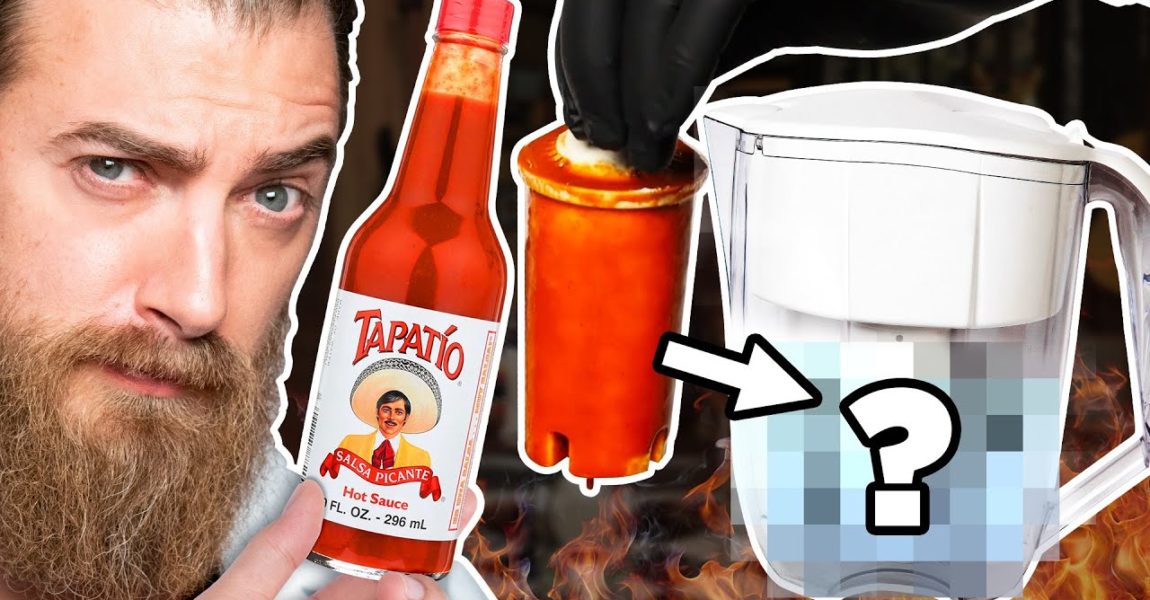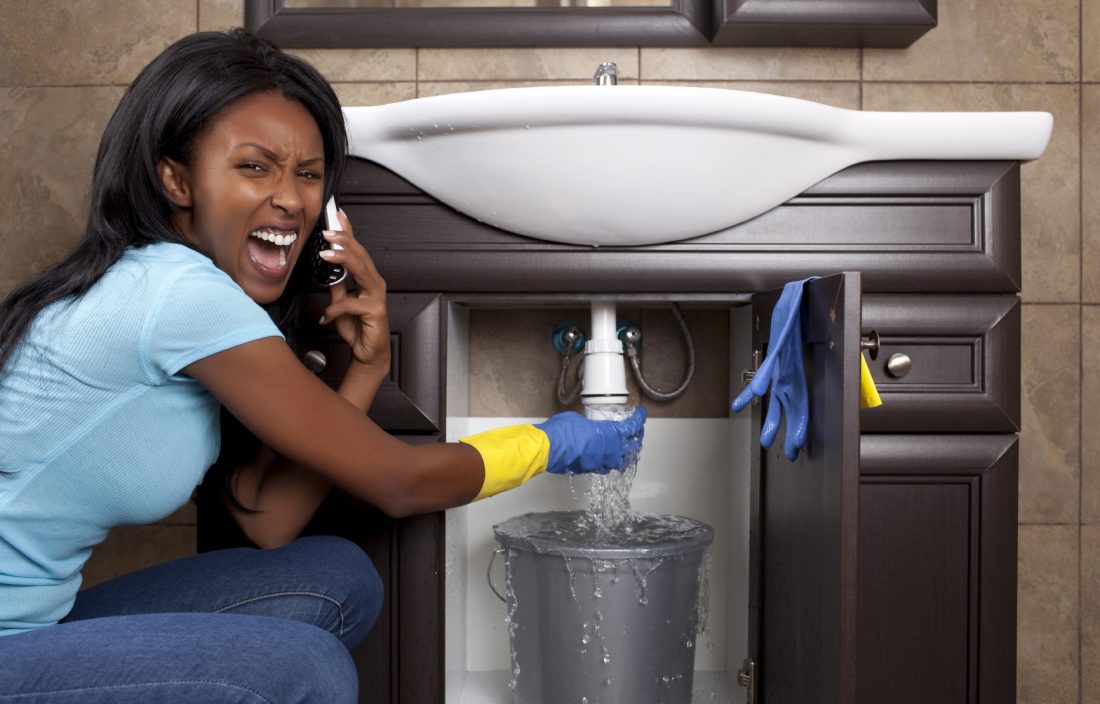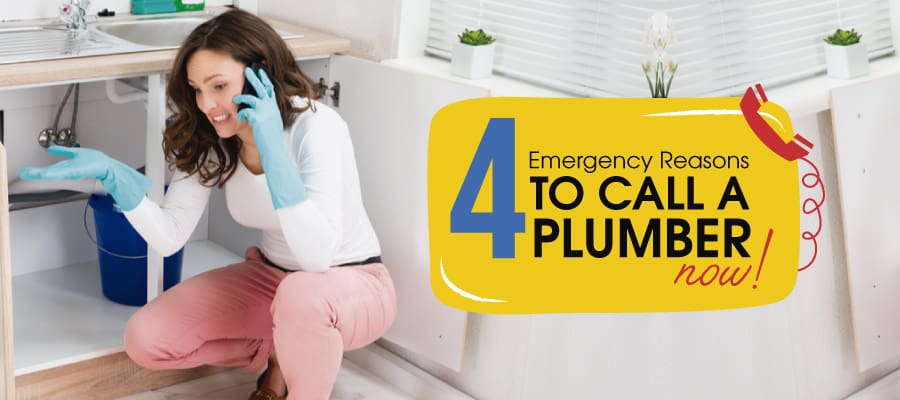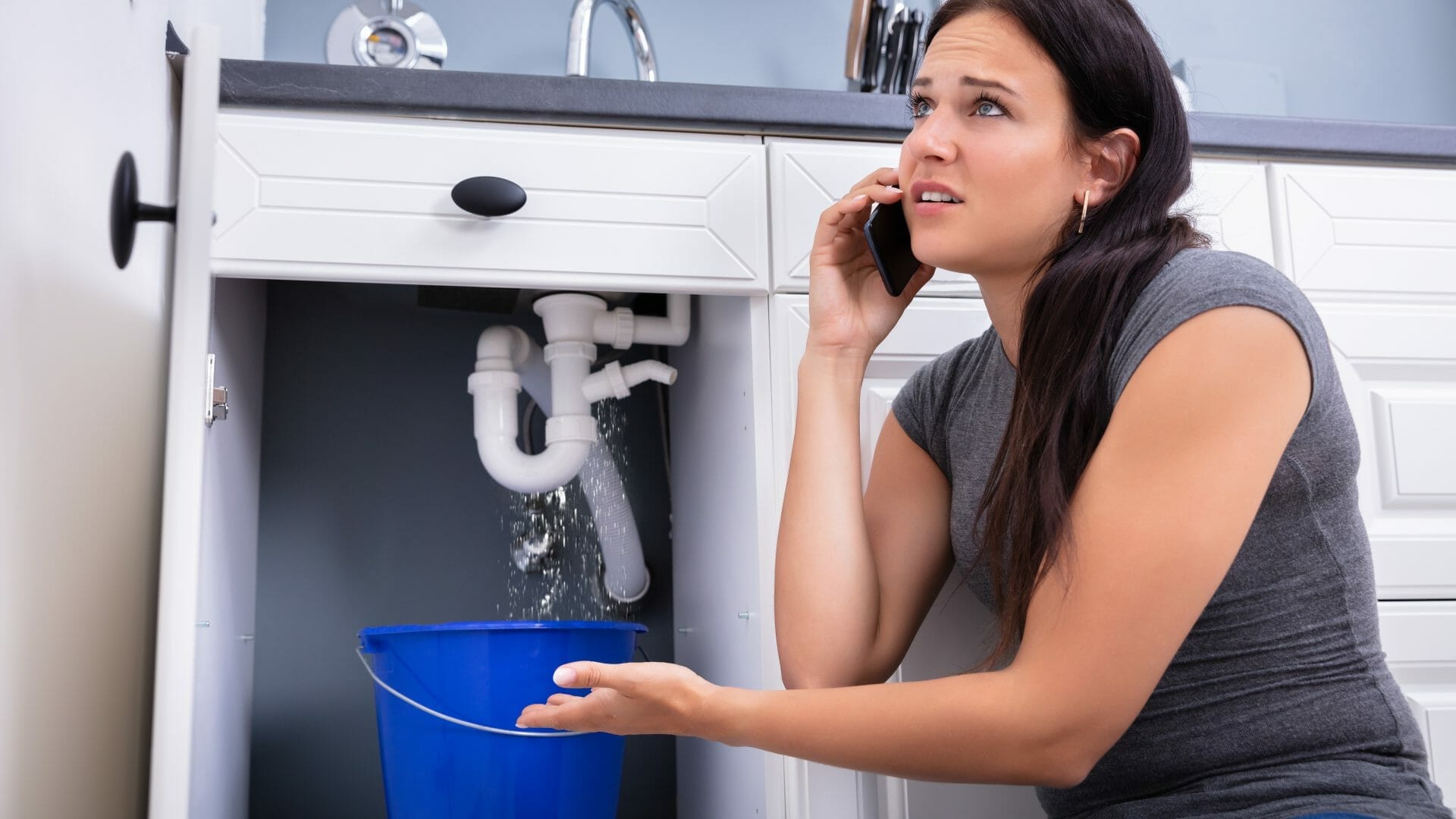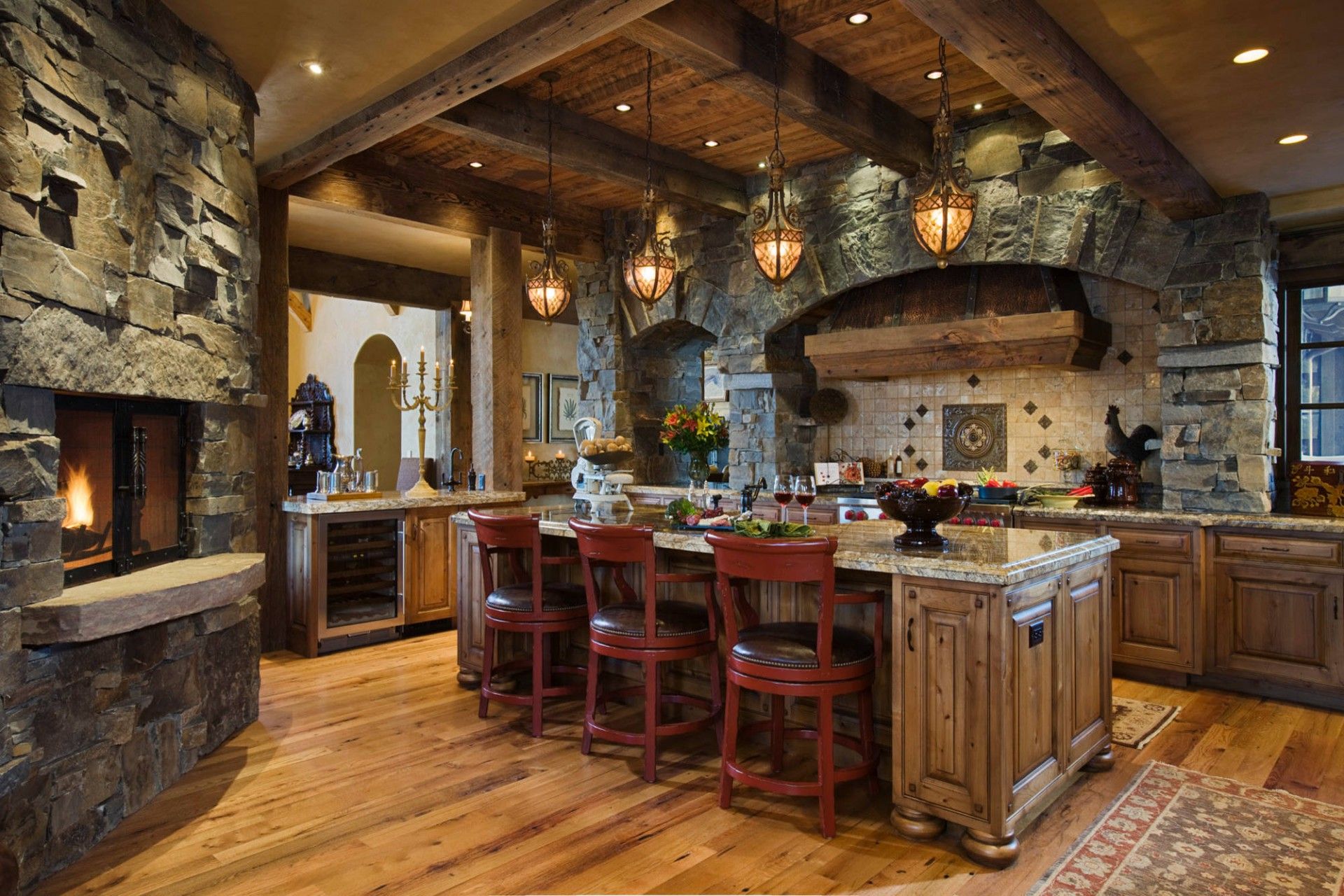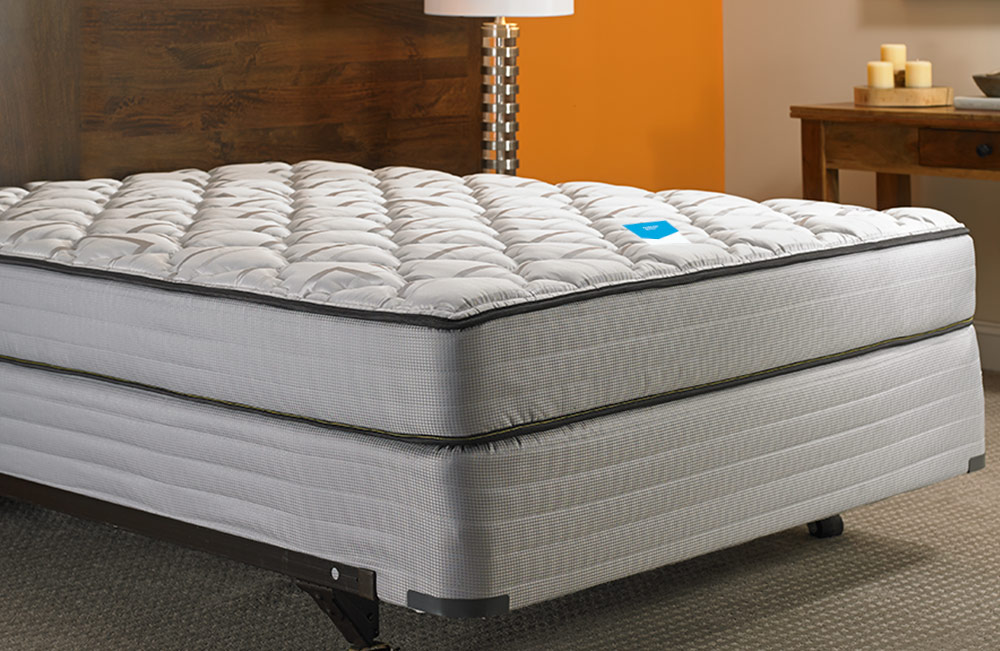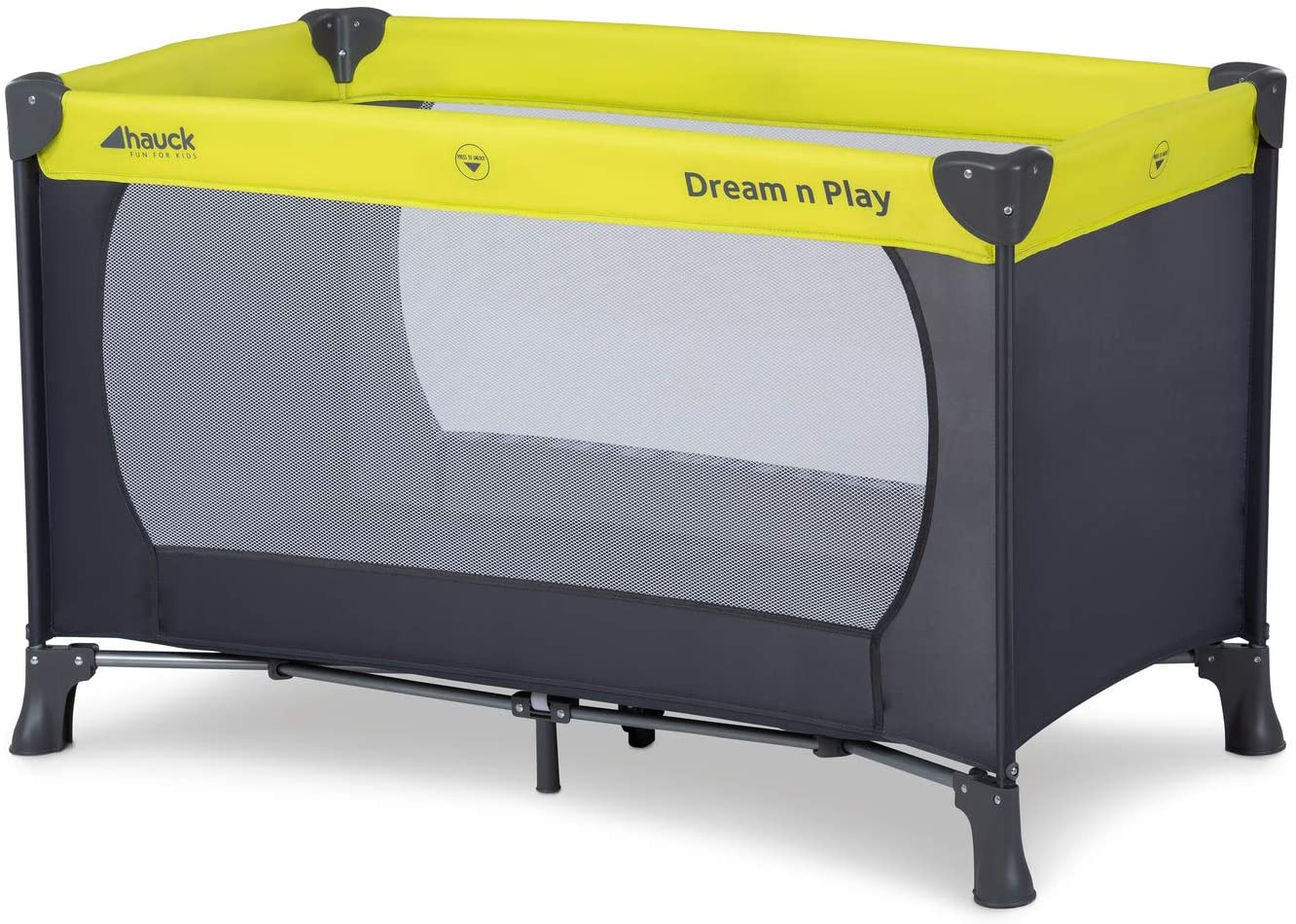If you're experiencing a lack of cold water in your kitchen sink, the first thing to check is the shut-off valve. This valve controls the flow of water to your sink and may have accidentally been turned off. It's usually located under the sink or in the basement. Make sure it is fully open and check if that restores your cold water supply.Check the shut-off valve
The aerator is a small mesh screen at the end of your faucet that helps control the flow of water. Over time, it can become clogged with mineral deposits or debris, which can affect the water pressure and temperature. To check the aerator, unscrew it from the faucet and clean it with a mixture of equal parts water and vinegar. This should help restore the flow of cold water.Check the aerator
The supply line is the pipe that connects your kitchen sink to the main water supply. If there's a problem with the supply line, it could be affecting the cold water flow. Check for any visible leaks or damage and replace the supply line if necessary. If you're unsure how to do this, it's best to call a plumber for assistance.Check the supply line
The faucet cartridge is a valve inside the faucet that controls the flow of both hot and cold water. If the cartridge is faulty or damaged, it could be the cause of your lack of cold water. You can try cleaning the cartridge or replacing it altogether to see if that solves the issue.Check the faucet cartridge
If you're still not getting any cold water, it could be due to a problem with your water heater. Make sure the temperature is set correctly and that the cold water inlet valve is fully open. If the water heater is malfunctioning, it may need to be repaired or replaced by a professional.Check the water heater
Blocked pipes can also cause a lack of cold water in your kitchen sink. If there's a buildup of debris or mineral deposits in the pipes, it can restrict the flow of water. You can try using a plunger or a plumbing snake to clear any blockages. If the problem persists, it's best to call a plumber.Check the pipes for blockages
Low water pressure can also be a culprit for no cold water in your kitchen sink. You can check the water pressure by turning on another faucet in the house and seeing if it's affected as well. If it is, then the issue may be with the main water supply, and you'll need to contact your water provider to fix it.Check the water pressure
In colder climates, a frozen pipe could be the cause of your lack of cold water. Check the pipes under the sink and in the basement for any signs of freezing. If you find a frozen pipe, you can try using a hairdryer to thaw it out. However, if you're unsure or unable to do so, it's best to call a plumber for assistance.Check for a frozen pipe
If your kitchen sink has a water filter, it's essential to check it regularly. A clogged or dirty filter can affect the flow of both hot and cold water. Replace the filter if necessary, or clean it according to the manufacturer's instructions.Check the water filter
If none of the above solutions work, it's best to call a professional plumber. They will have the necessary expertise and tools to diagnose and fix the issue with your cold water supply. It's always better to address the problem sooner rather than later to avoid further damage and inconvenience. In conclusion, a lack of cold water in your kitchen sink can be caused by various issues, from a simple shut-off valve to a more complex problem with your water heater. By following these tips and troubleshooting steps, you can hopefully restore your cold water supply and enjoy a fully functional kitchen sink once again.Call a plumber
Why Do Some Houses Have No Cold Water in the Kitchen Sink?

The Importance of Water Temperature in the Kitchen
 When it comes to household chores and daily tasks, the kitchen is an essential part of every home. From cooking and cleaning to washing dishes and preparing food, the kitchen sees a lot of action. And in order for these tasks to be completed efficiently, the temperature of the water in the kitchen sink plays a crucial role. But what happens when there is no cold water in the kitchen sink?
When it comes to household chores and daily tasks, the kitchen is an essential part of every home. From cooking and cleaning to washing dishes and preparing food, the kitchen sees a lot of action. And in order for these tasks to be completed efficiently, the temperature of the water in the kitchen sink plays a crucial role. But what happens when there is no cold water in the kitchen sink?
The Common Causes of No Cold Water in the Kitchen Sink
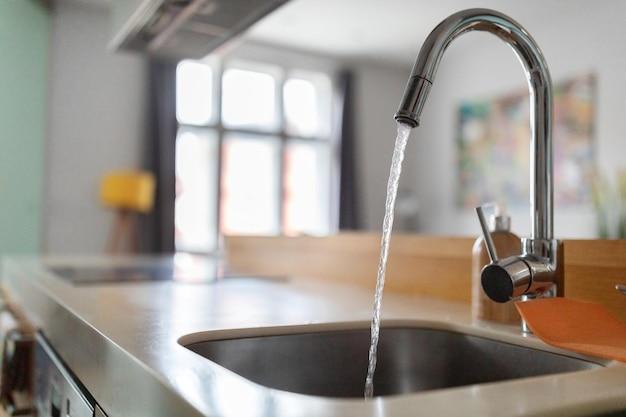 There are several reasons why some houses may not have cold water in their kitchen sink. One of the most common causes is a malfunctioning faucet. Over time, faucets can become worn out or clogged, leading to a decrease in water pressure or temperature. Another possible cause is a faulty water heater. If the water heater is not functioning properly, it may not be able to heat the water to the desired temperature, leaving you with only hot water in the kitchen sink.
There are several reasons why some houses may not have cold water in their kitchen sink. One of the most common causes is a malfunctioning faucet. Over time, faucets can become worn out or clogged, leading to a decrease in water pressure or temperature. Another possible cause is a faulty water heater. If the water heater is not functioning properly, it may not be able to heat the water to the desired temperature, leaving you with only hot water in the kitchen sink.
The Importance of Addressing the Issue
 Having no cold water in the kitchen sink can be frustrating and inconvenient. It can make everyday tasks like washing dishes or cleaning vegetables more difficult. It can also be a safety hazard, as hot water can cause burns and scalds. In addition, if the issue is not addressed, it may lead to higher water bills or potential damage to your plumbing system.
If you are experiencing a lack of cold water in your kitchen sink, it is important to address the issue as soon as possible.
This can be done by checking the faucet for any blockages or contacting a professional plumber to inspect and repair your water heater.
Having no cold water in the kitchen sink can be frustrating and inconvenient. It can make everyday tasks like washing dishes or cleaning vegetables more difficult. It can also be a safety hazard, as hot water can cause burns and scalds. In addition, if the issue is not addressed, it may lead to higher water bills or potential damage to your plumbing system.
If you are experiencing a lack of cold water in your kitchen sink, it is important to address the issue as soon as possible.
This can be done by checking the faucet for any blockages or contacting a professional plumber to inspect and repair your water heater.
Design Solutions for No Cold Water in the Kitchen Sink
 In some cases, the lack of cold water in the kitchen sink may not be a result of a malfunction, but rather a design flaw. Some older homes may have separate hot and cold water lines, with the cold water line running through the basement or attic before reaching the kitchen. This can lead to the cold water taking longer to reach the kitchen sink, resulting in only hot water being available initially. In this case,
installing a recirculation system or a point-of-use water heater can help solve the issue.
In some cases, the lack of cold water in the kitchen sink may not be a result of a malfunction, but rather a design flaw. Some older homes may have separate hot and cold water lines, with the cold water line running through the basement or attic before reaching the kitchen. This can lead to the cold water taking longer to reach the kitchen sink, resulting in only hot water being available initially. In this case,
installing a recirculation system or a point-of-use water heater can help solve the issue.
In Conclusion
 Having no cold water in the kitchen sink can be a nuisance, but it is a problem that can be easily addressed. By identifying the cause and taking the necessary steps to fix it, you can ensure that your kitchen remains a functional and convenient space for all your daily tasks. Whether it's a simple faucet repair or a design solution,
ensuring that both hot and cold water are readily available in the kitchen is essential for a well-designed and functional home.
Having no cold water in the kitchen sink can be a nuisance, but it is a problem that can be easily addressed. By identifying the cause and taking the necessary steps to fix it, you can ensure that your kitchen remains a functional and convenient space for all your daily tasks. Whether it's a simple faucet repair or a design solution,
ensuring that both hot and cold water are readily available in the kitchen is essential for a well-designed and functional home.

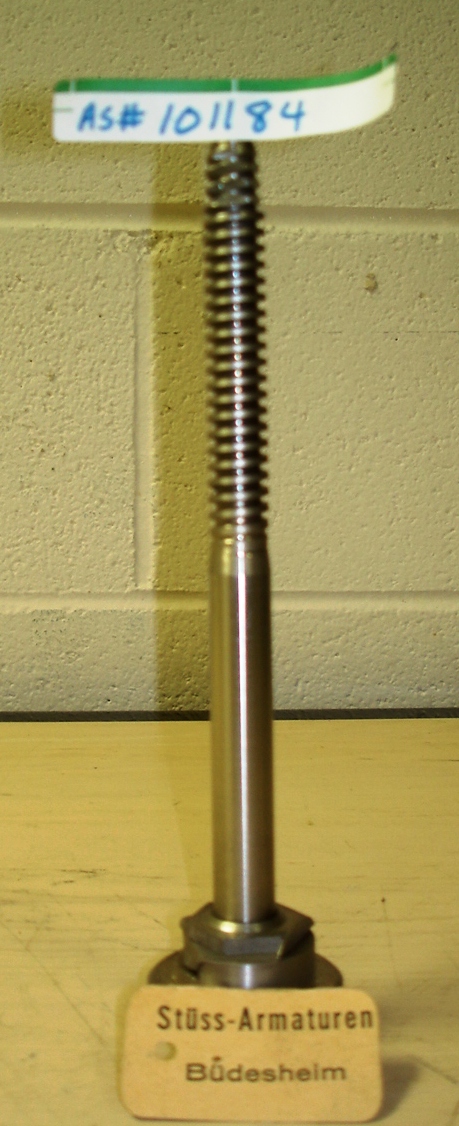
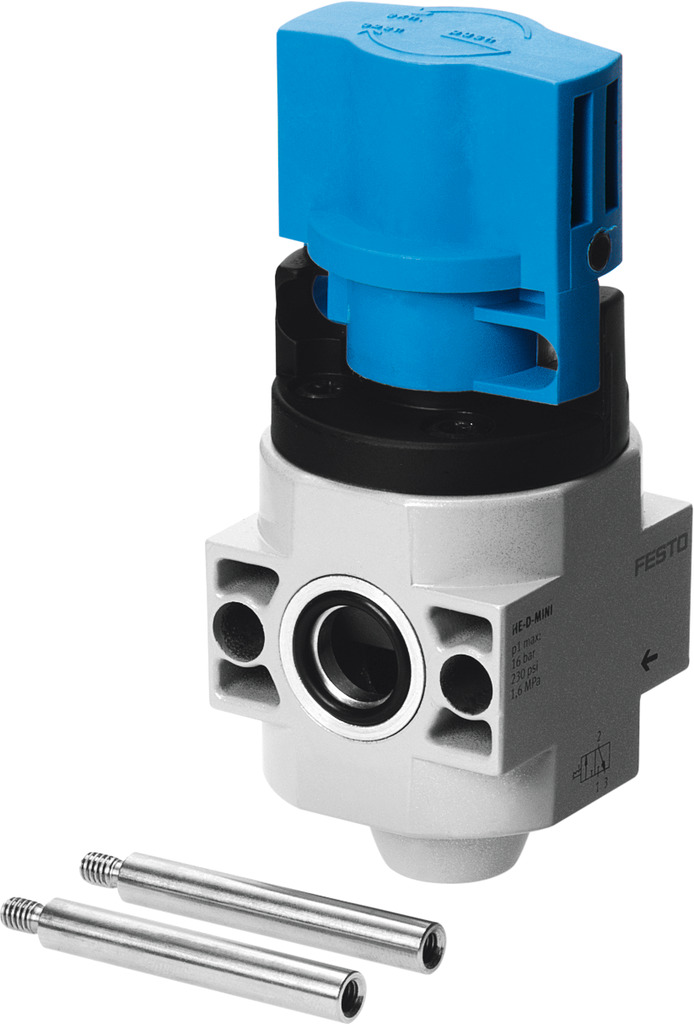

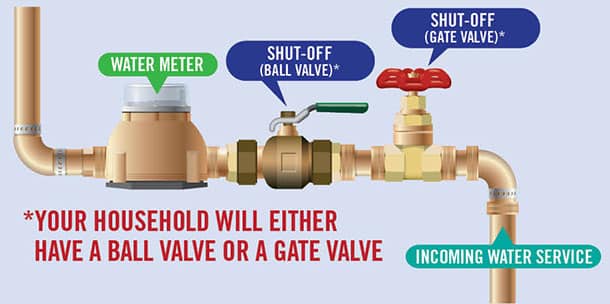
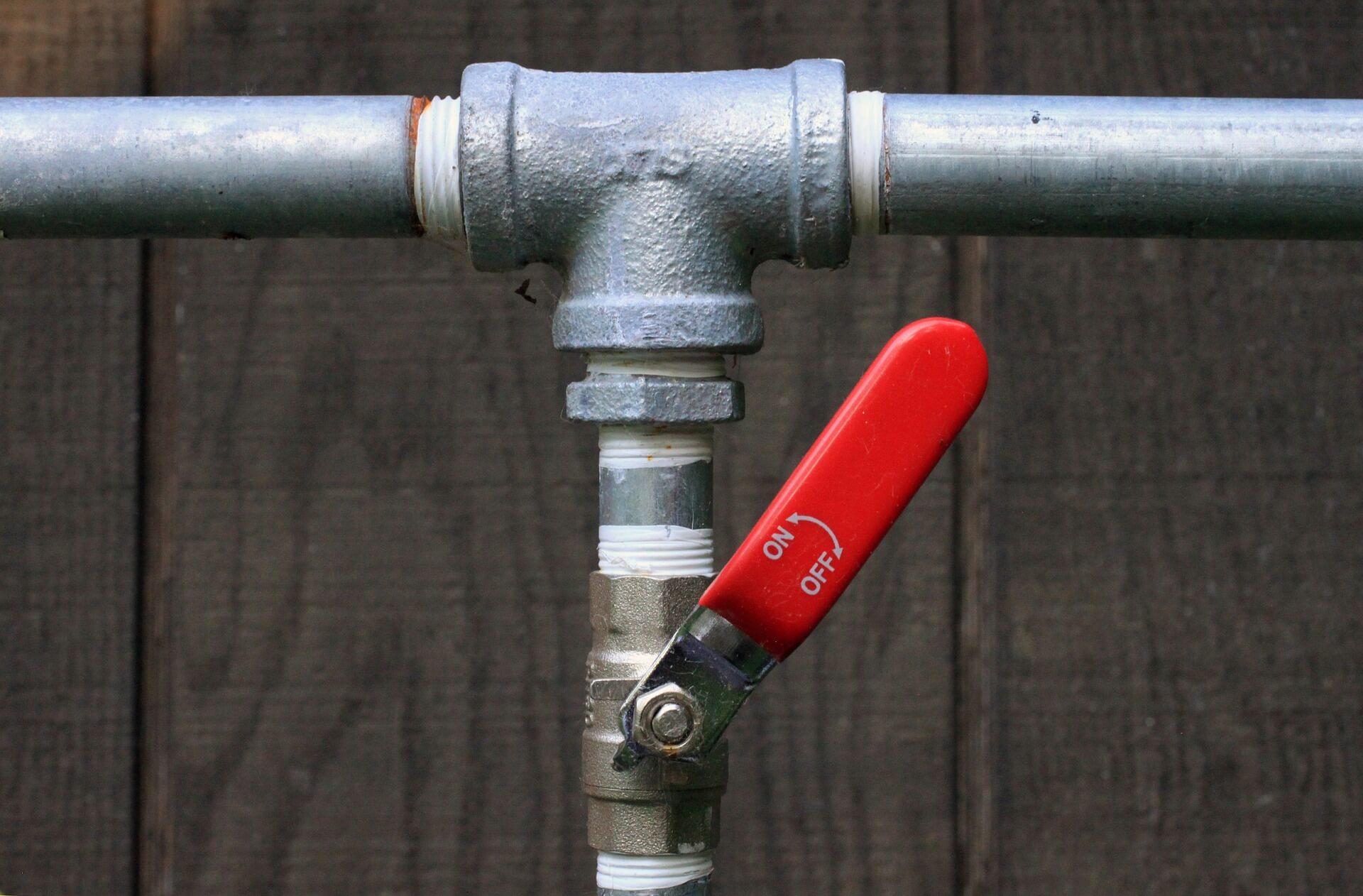
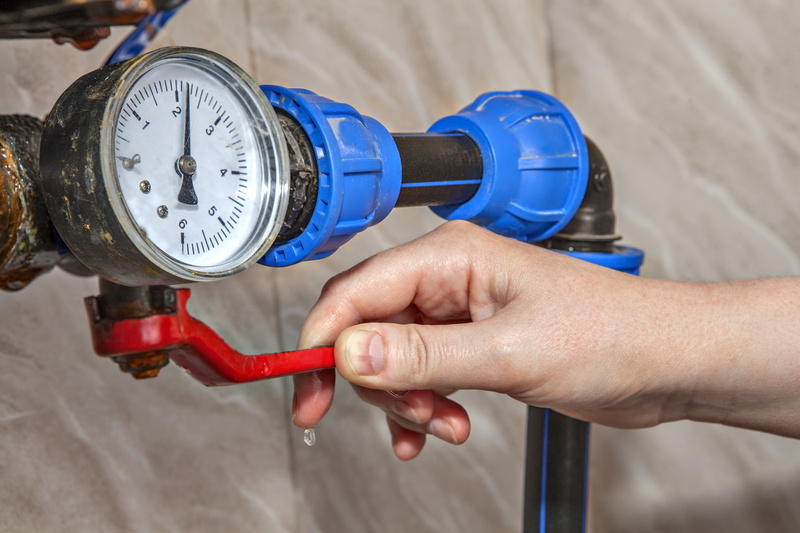

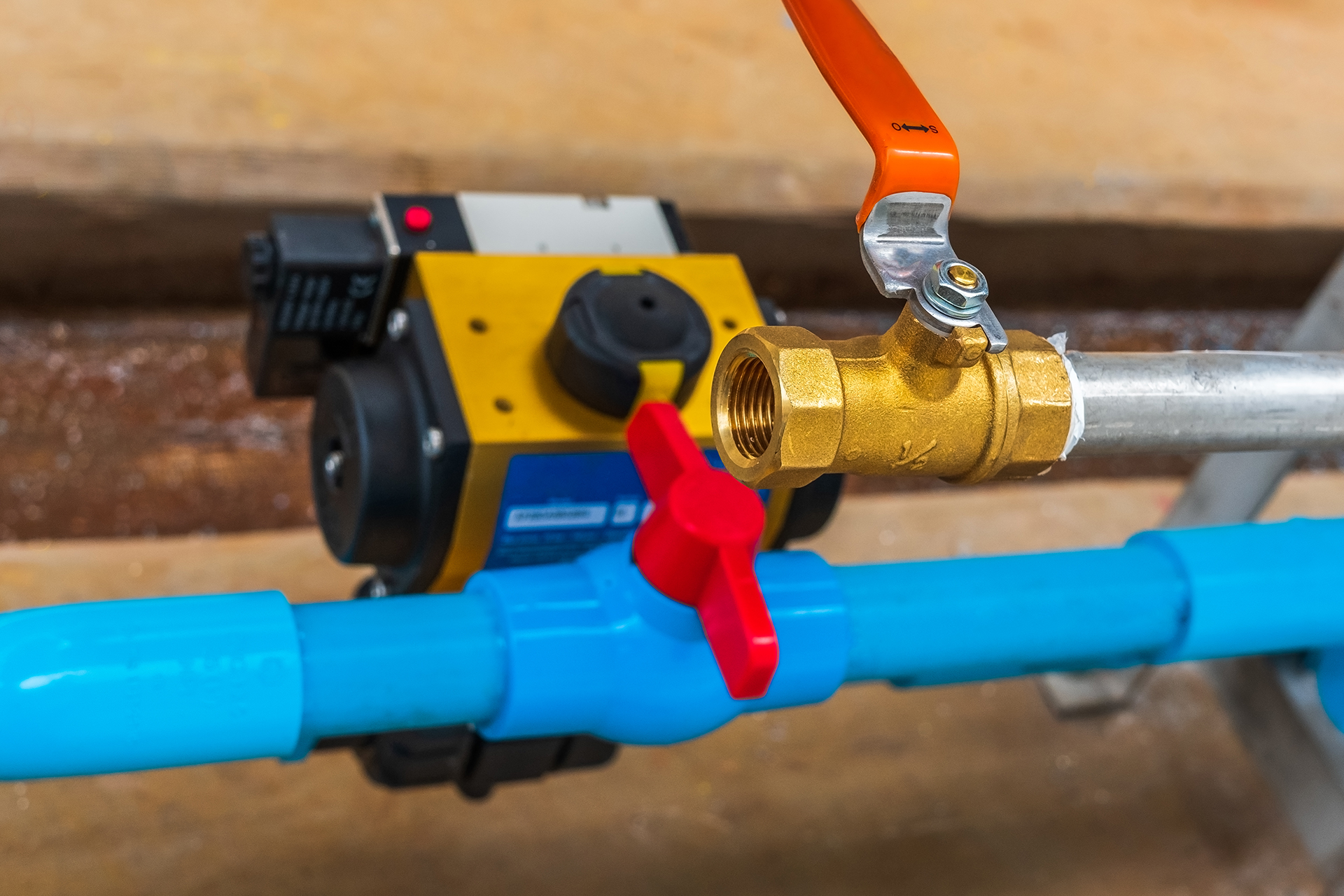

:max_bytes(150000):strip_icc()/water-shut-off-valve-types-2718739-hero-fff0f5191aeb45d595492f8c9b4b4be2.jpg)
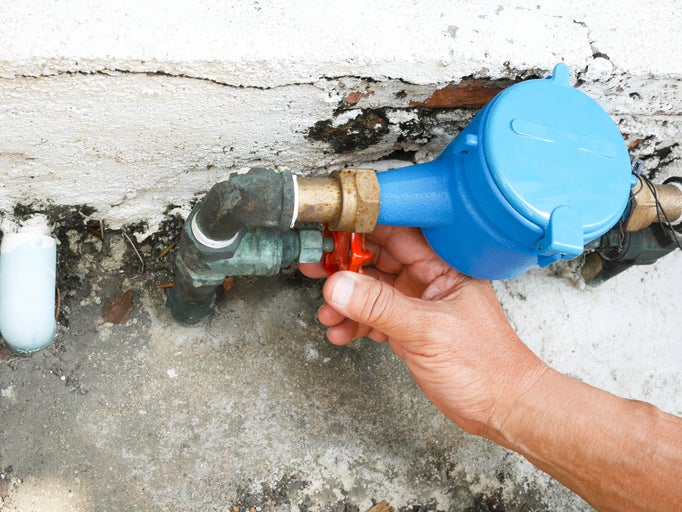



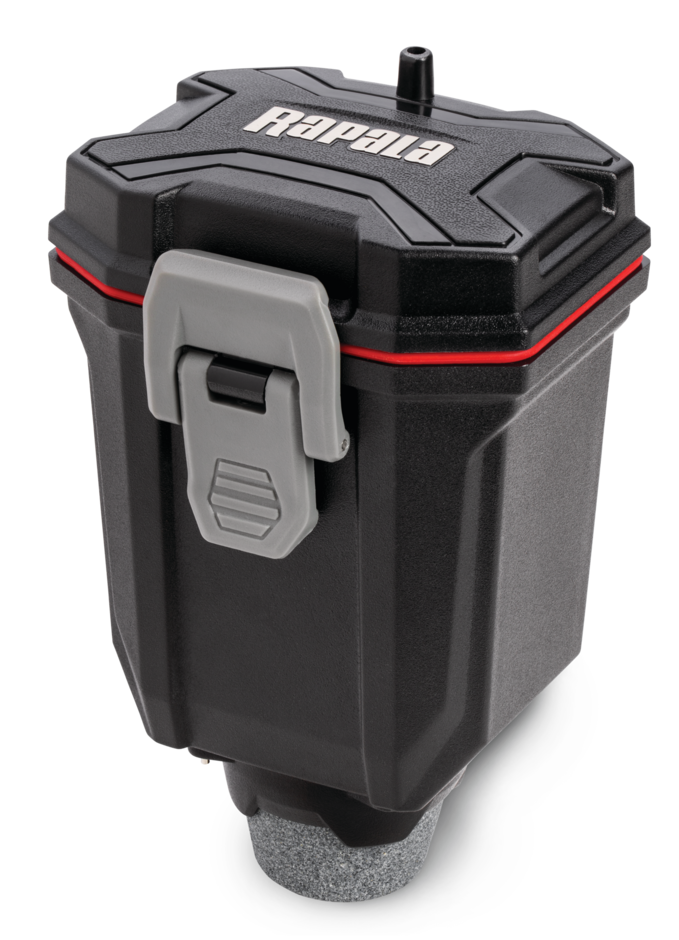
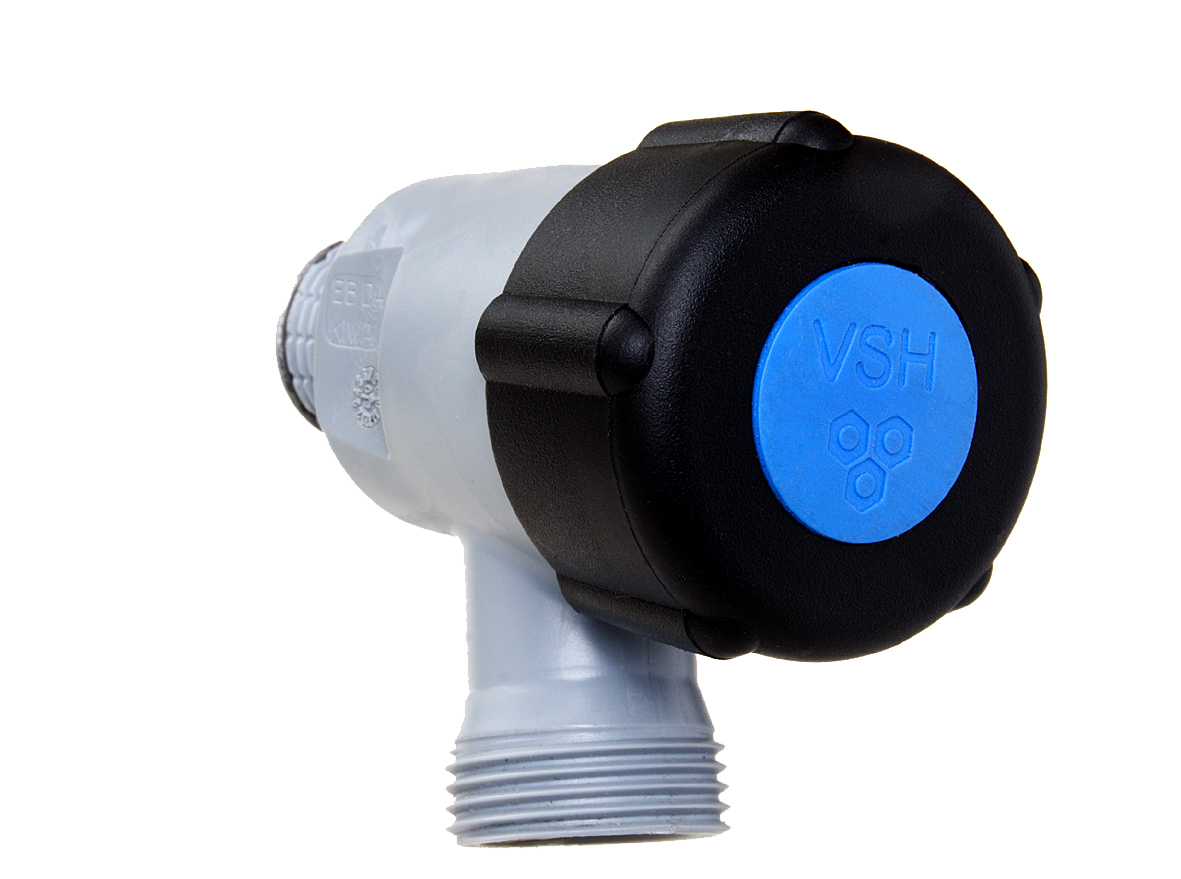






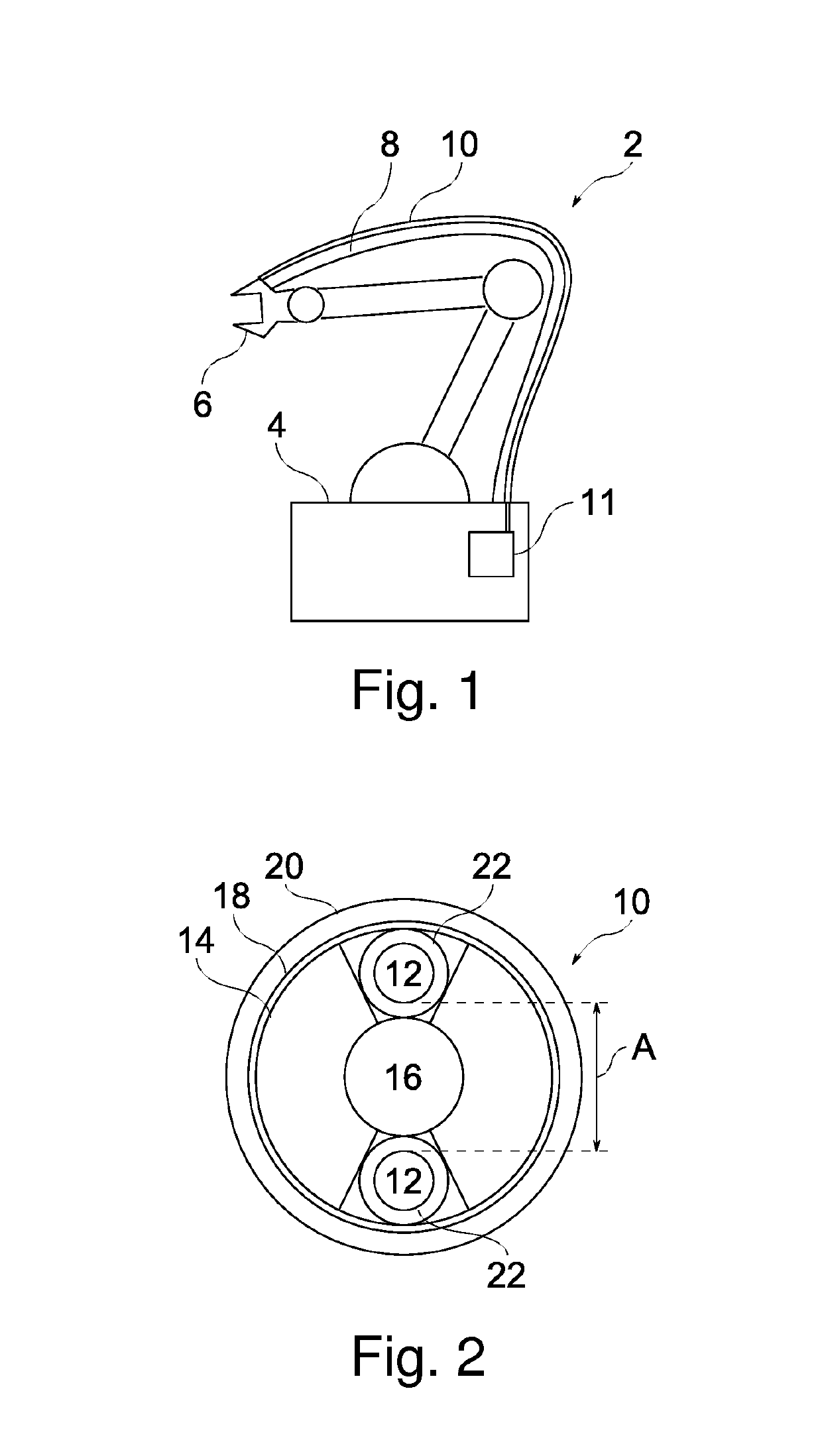

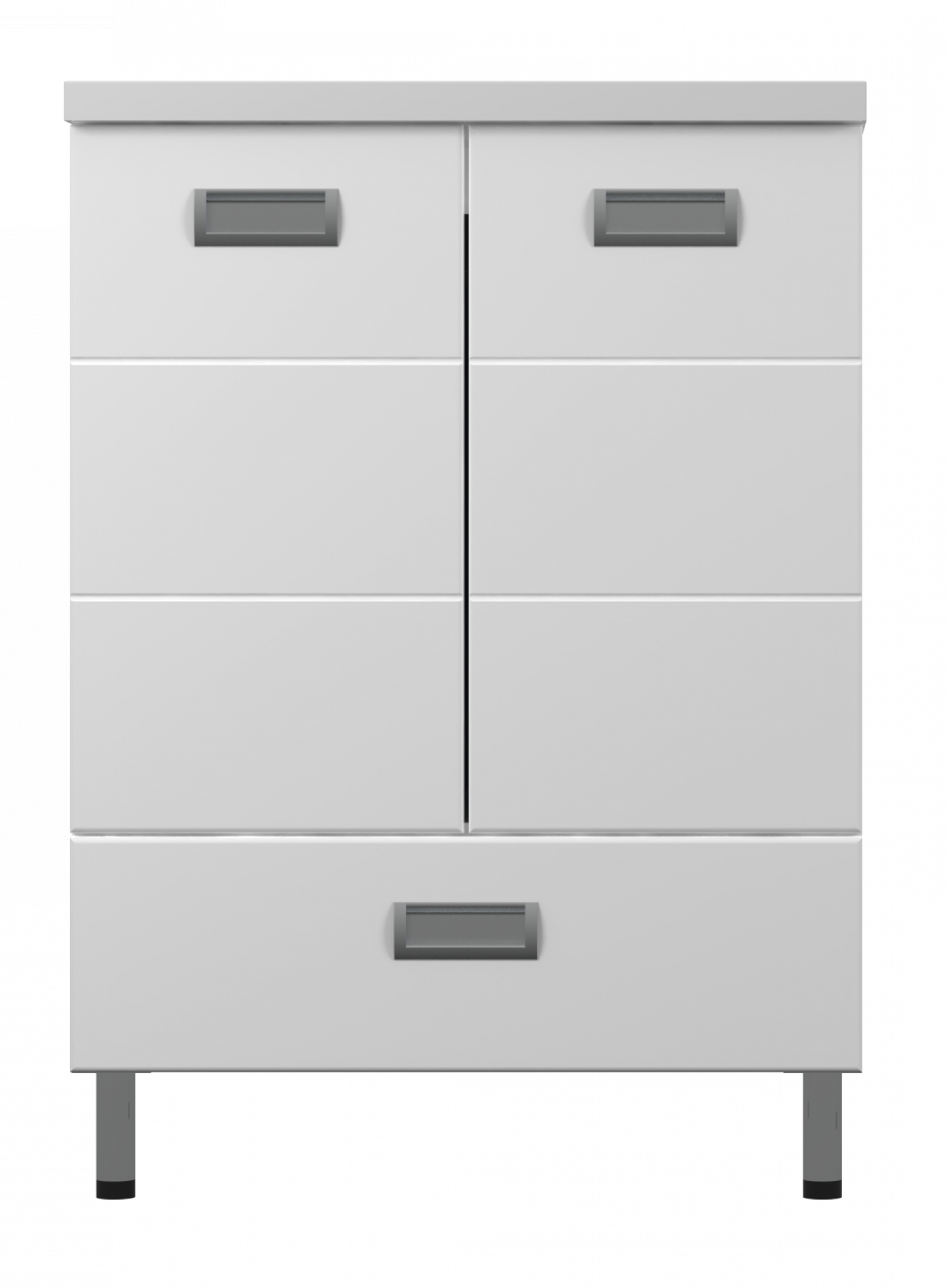




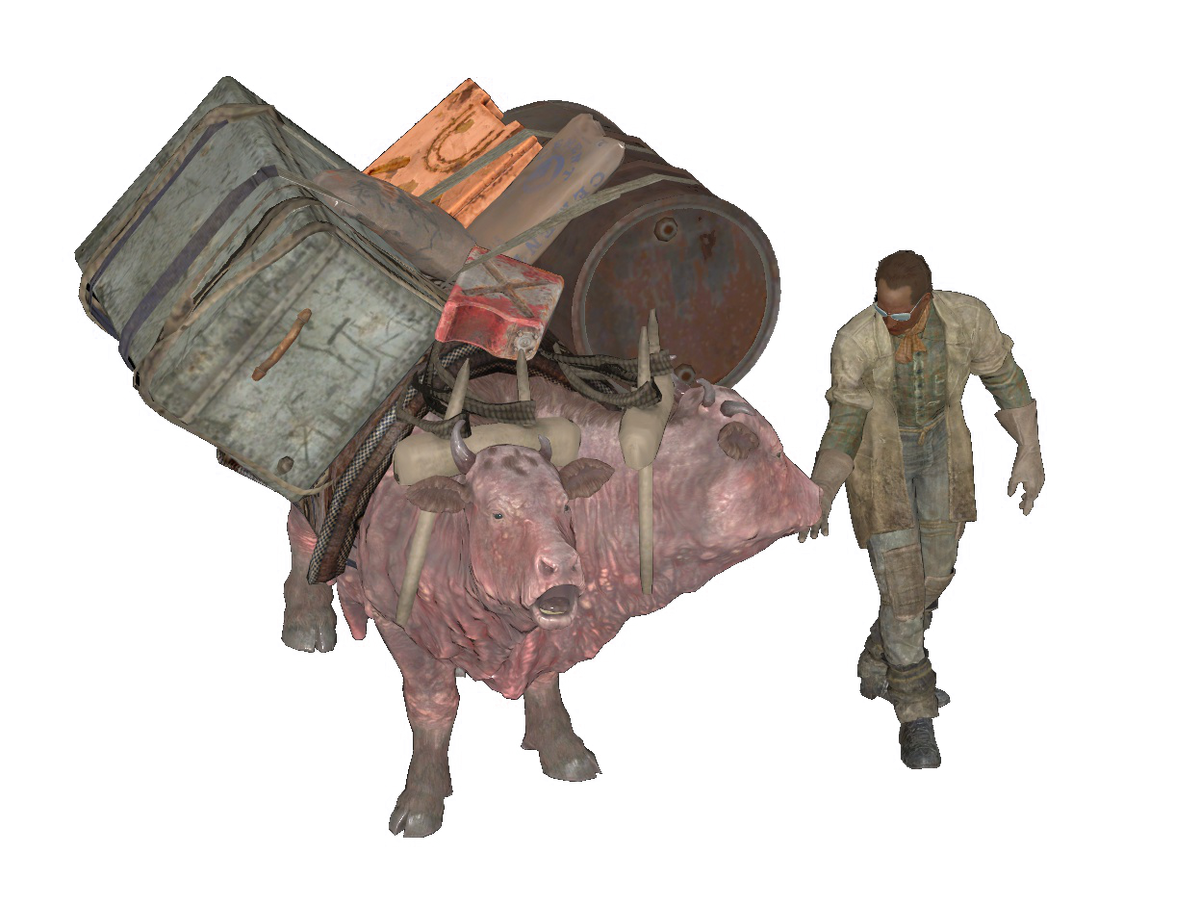



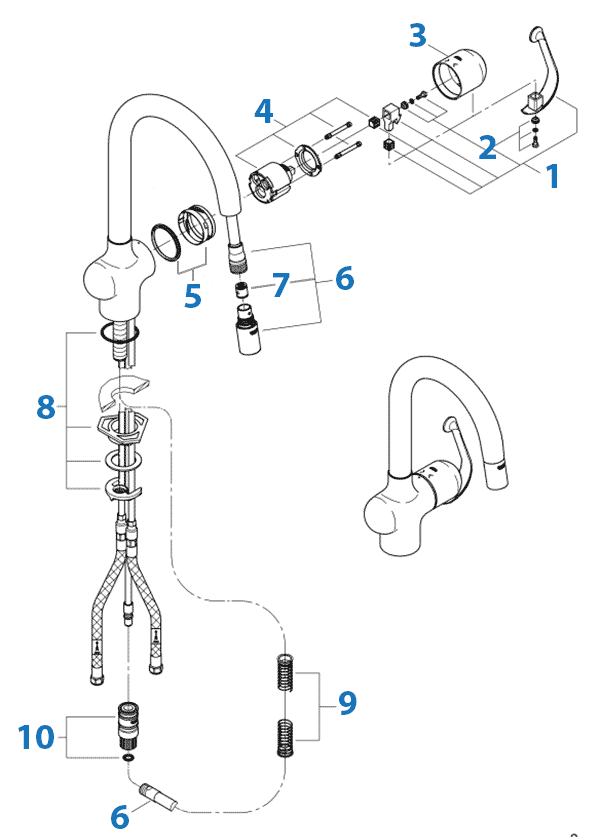




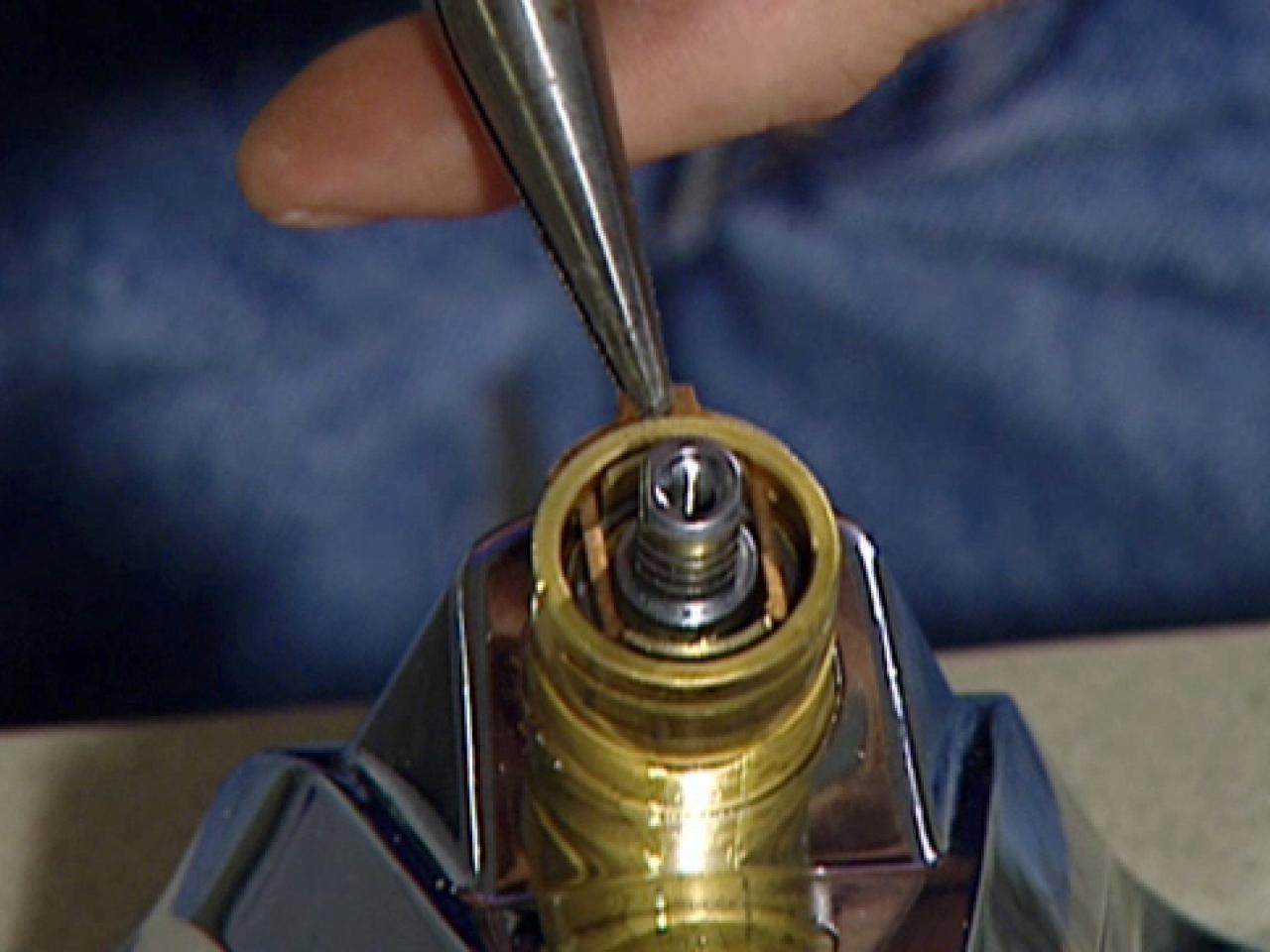


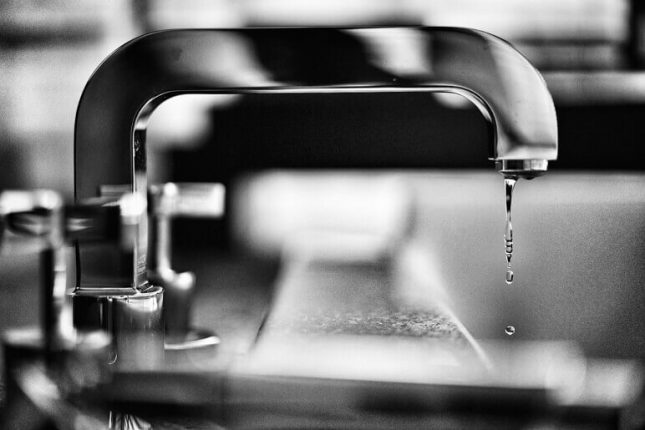



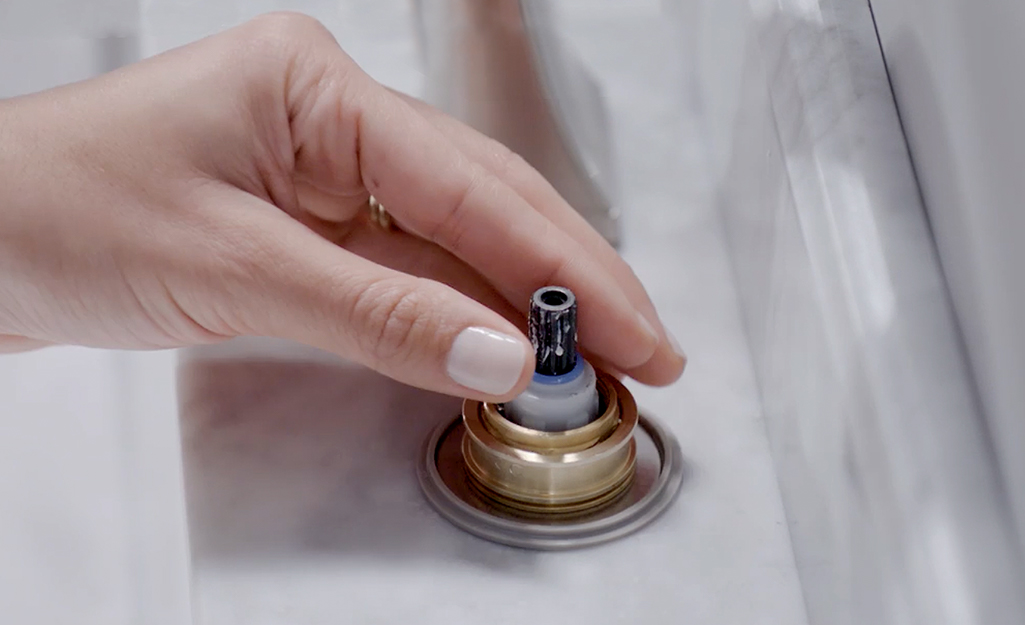
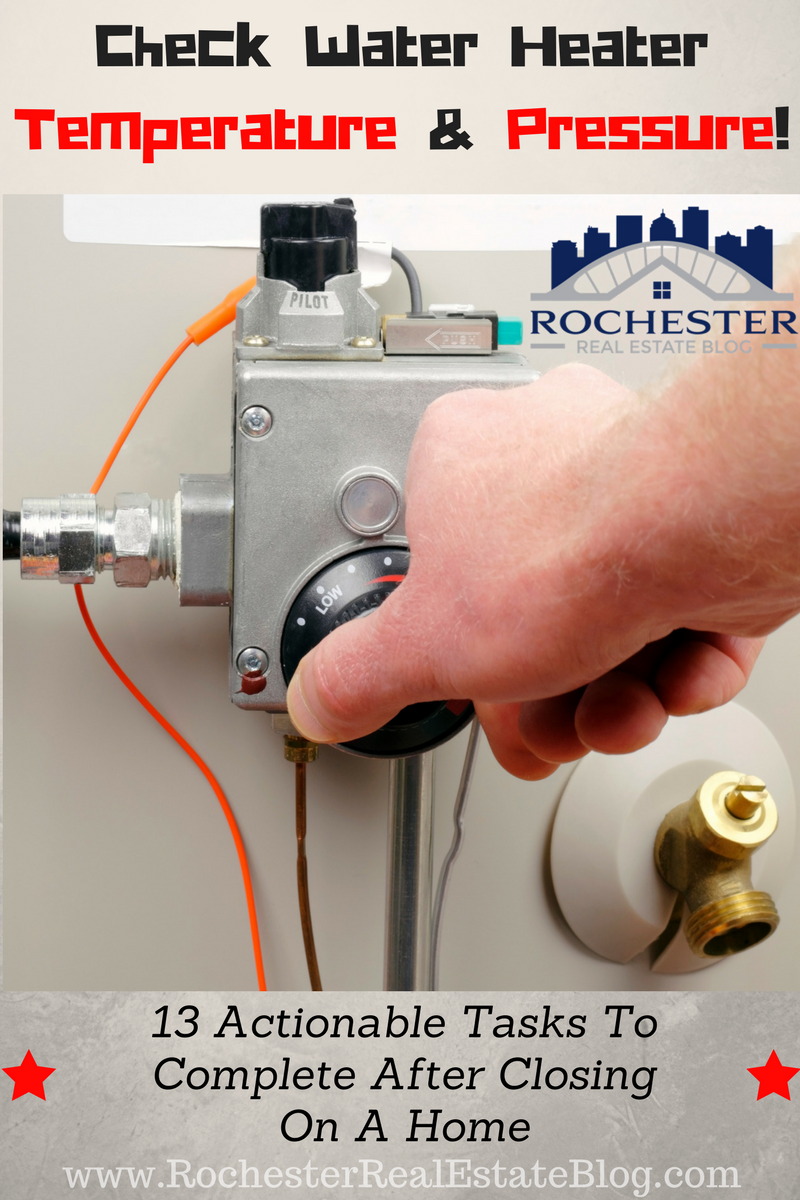



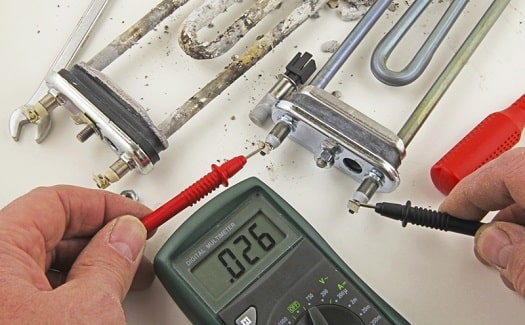

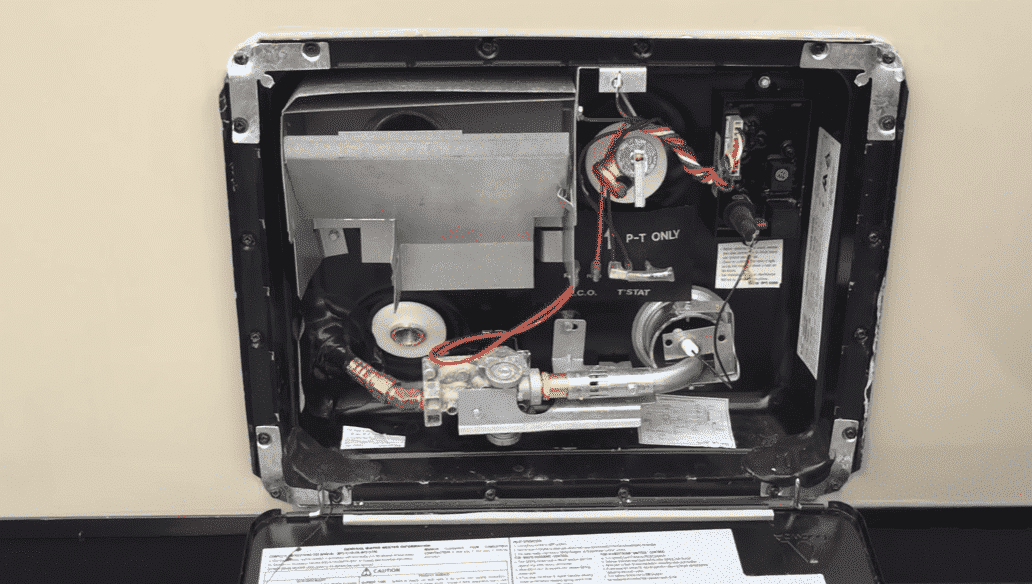

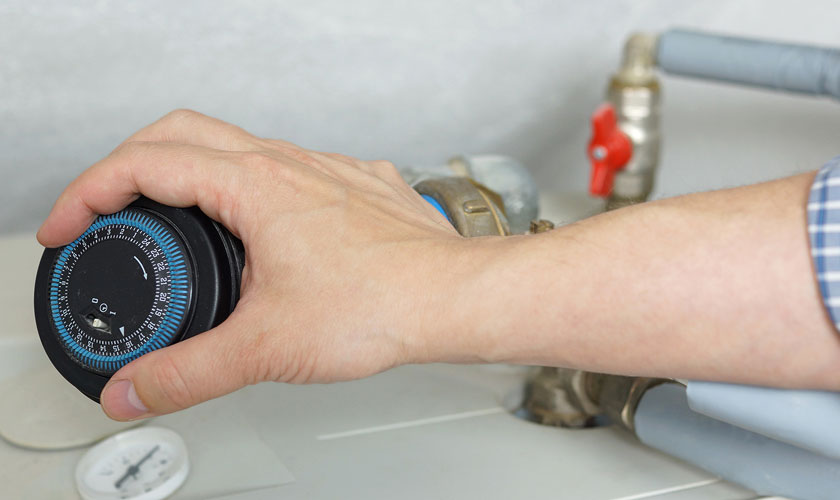

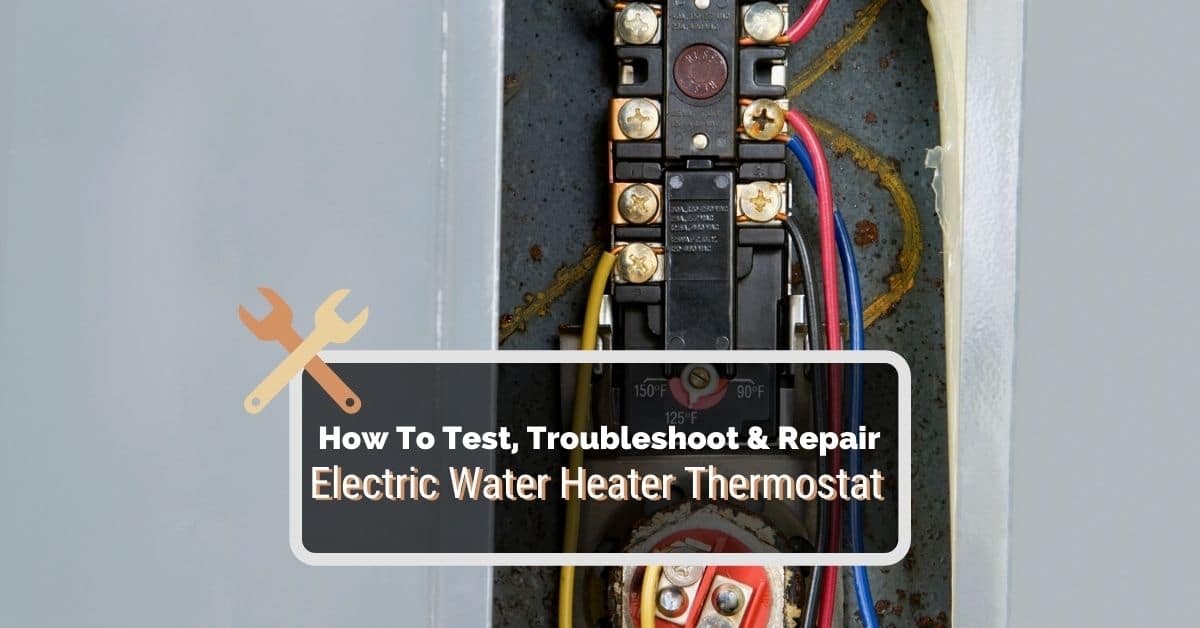


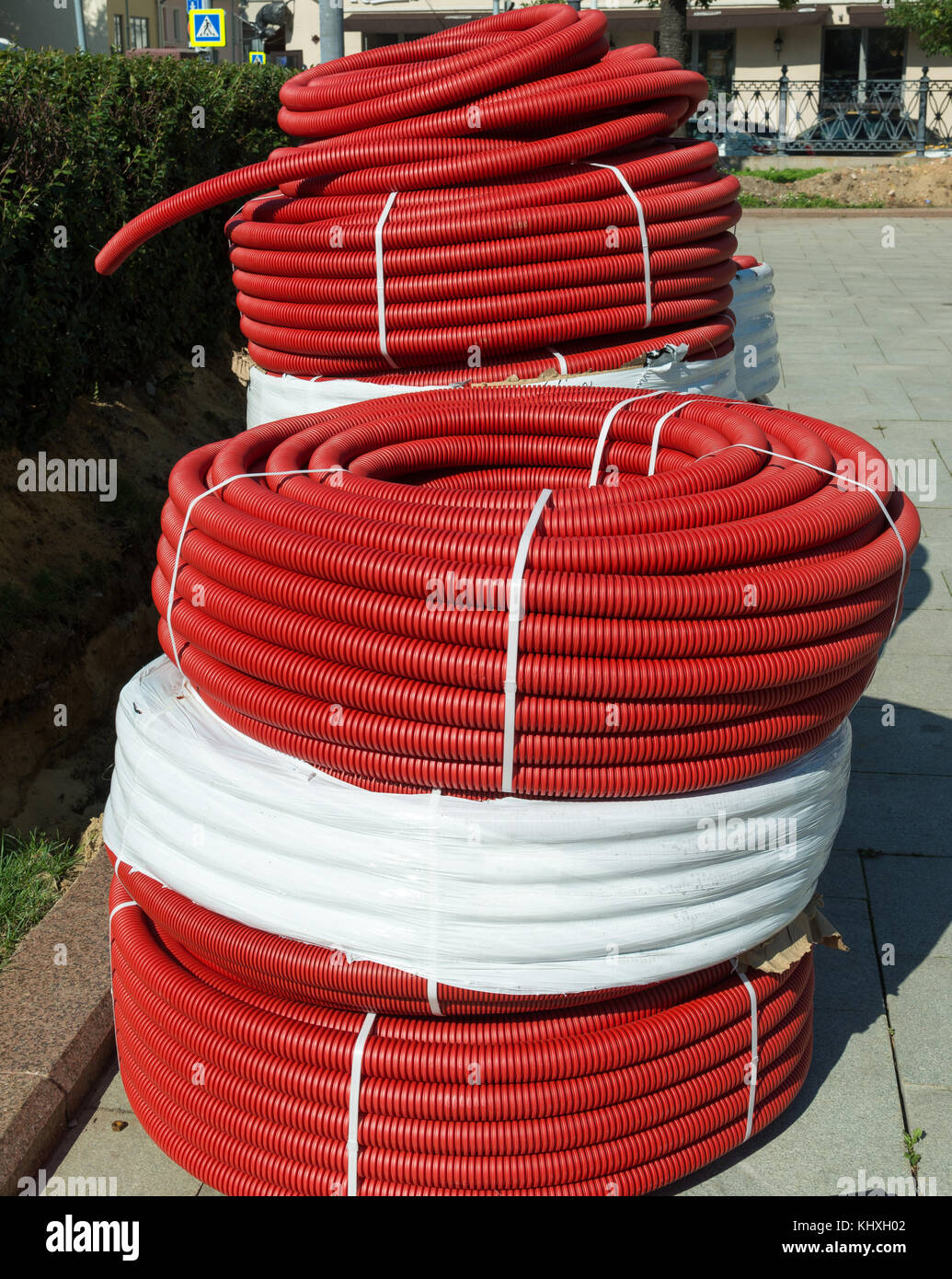


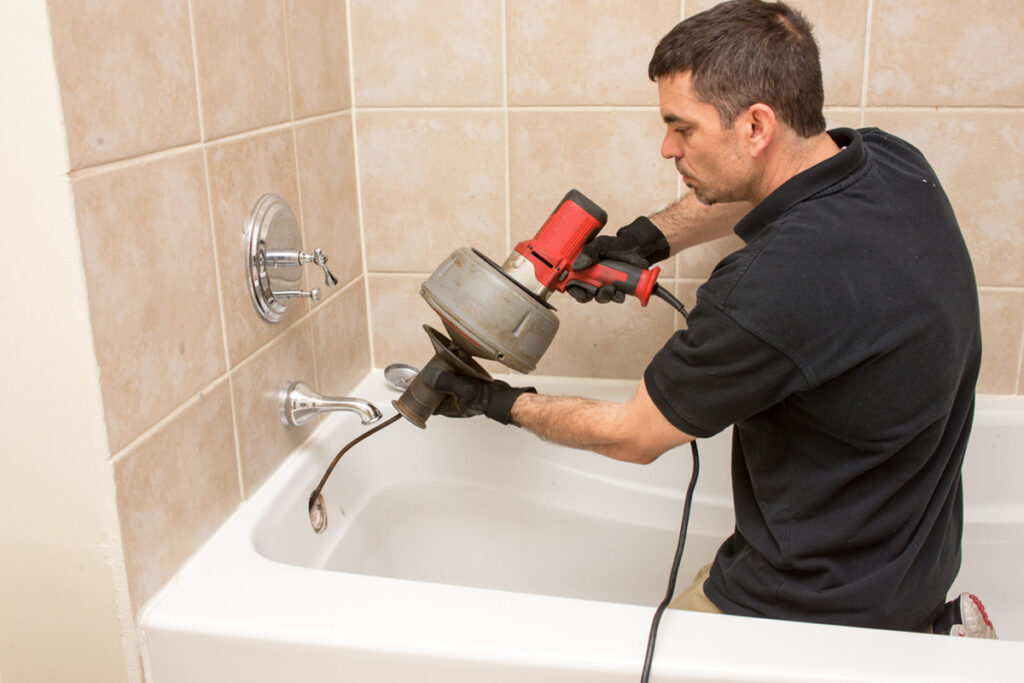
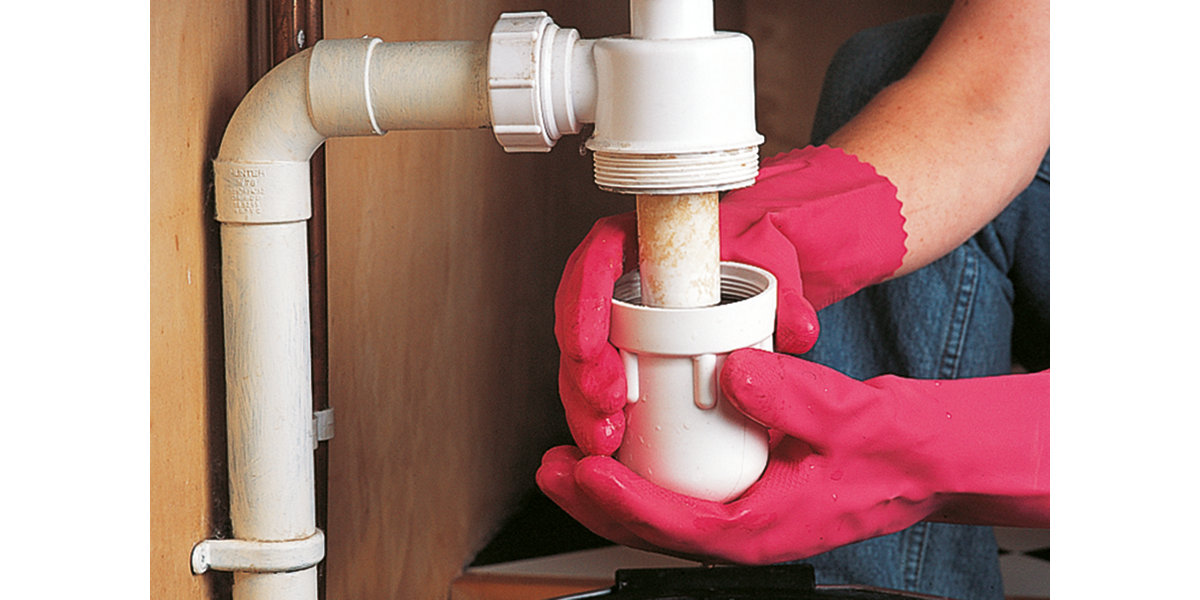
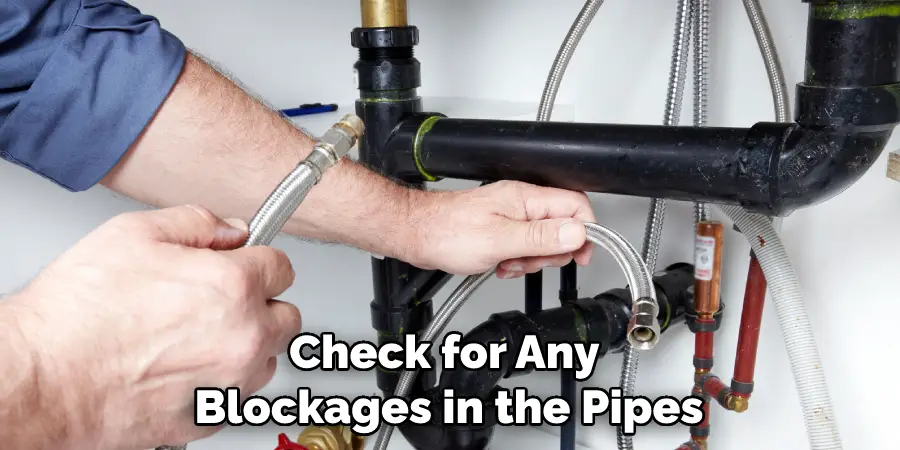
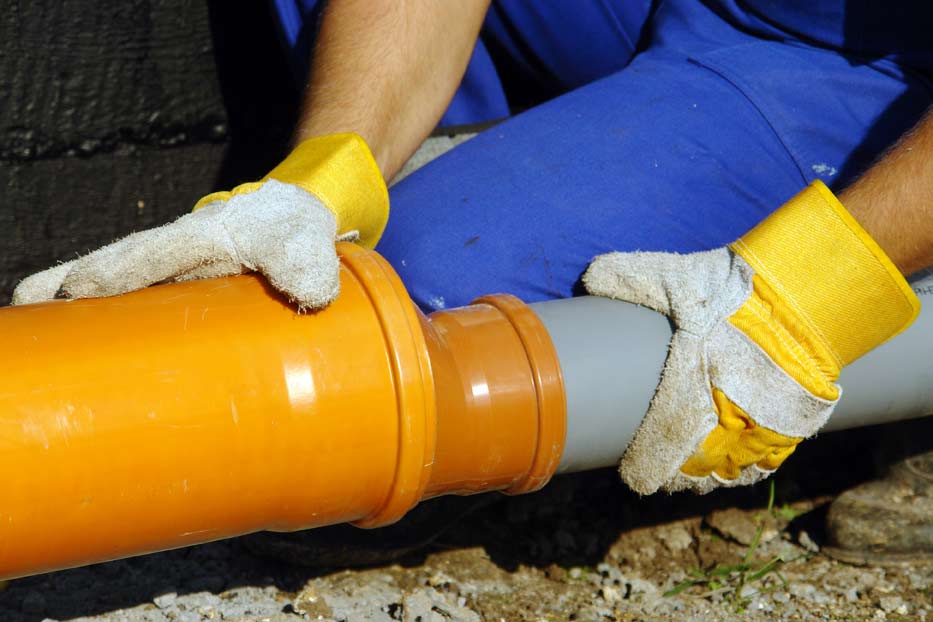
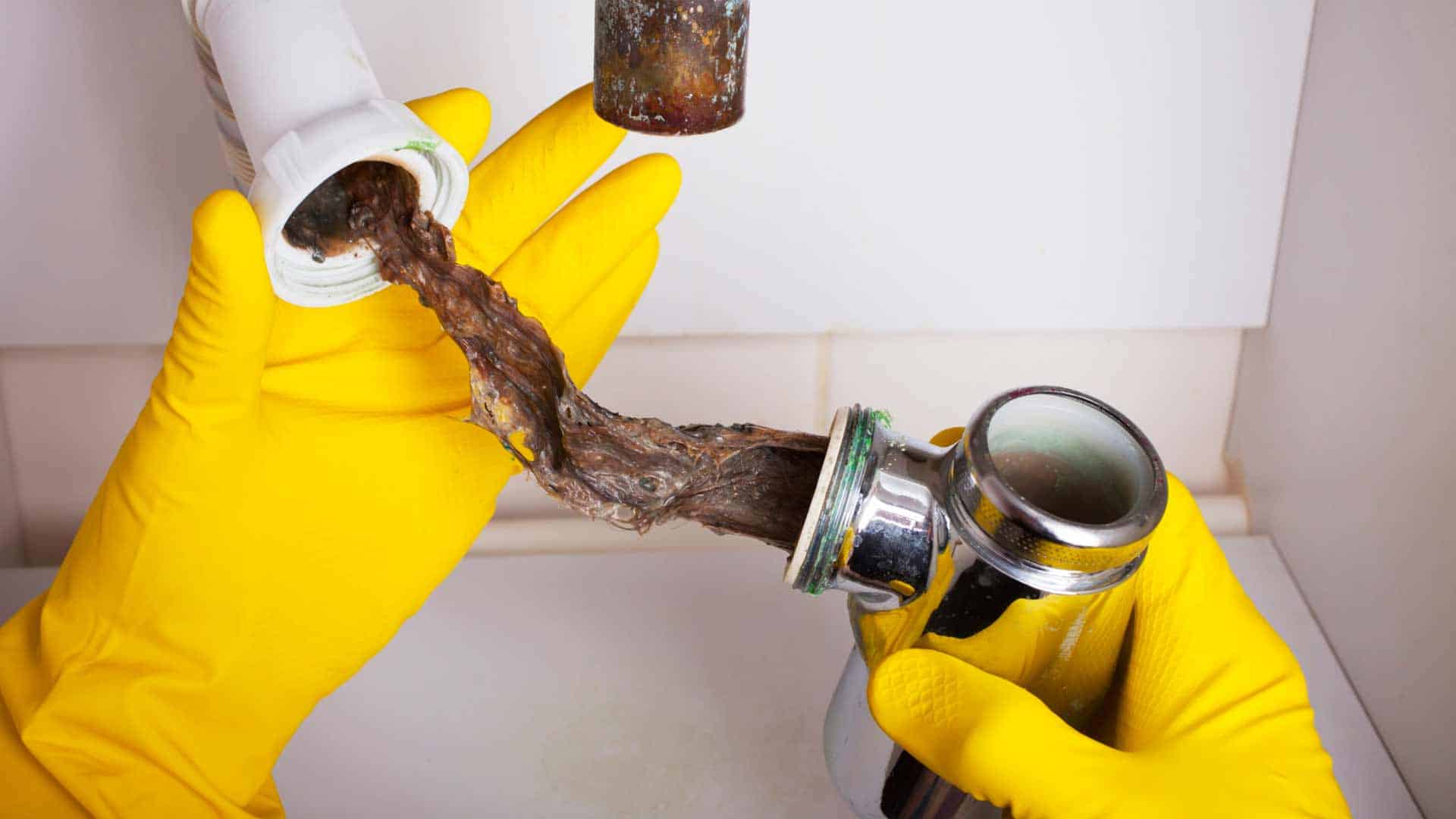

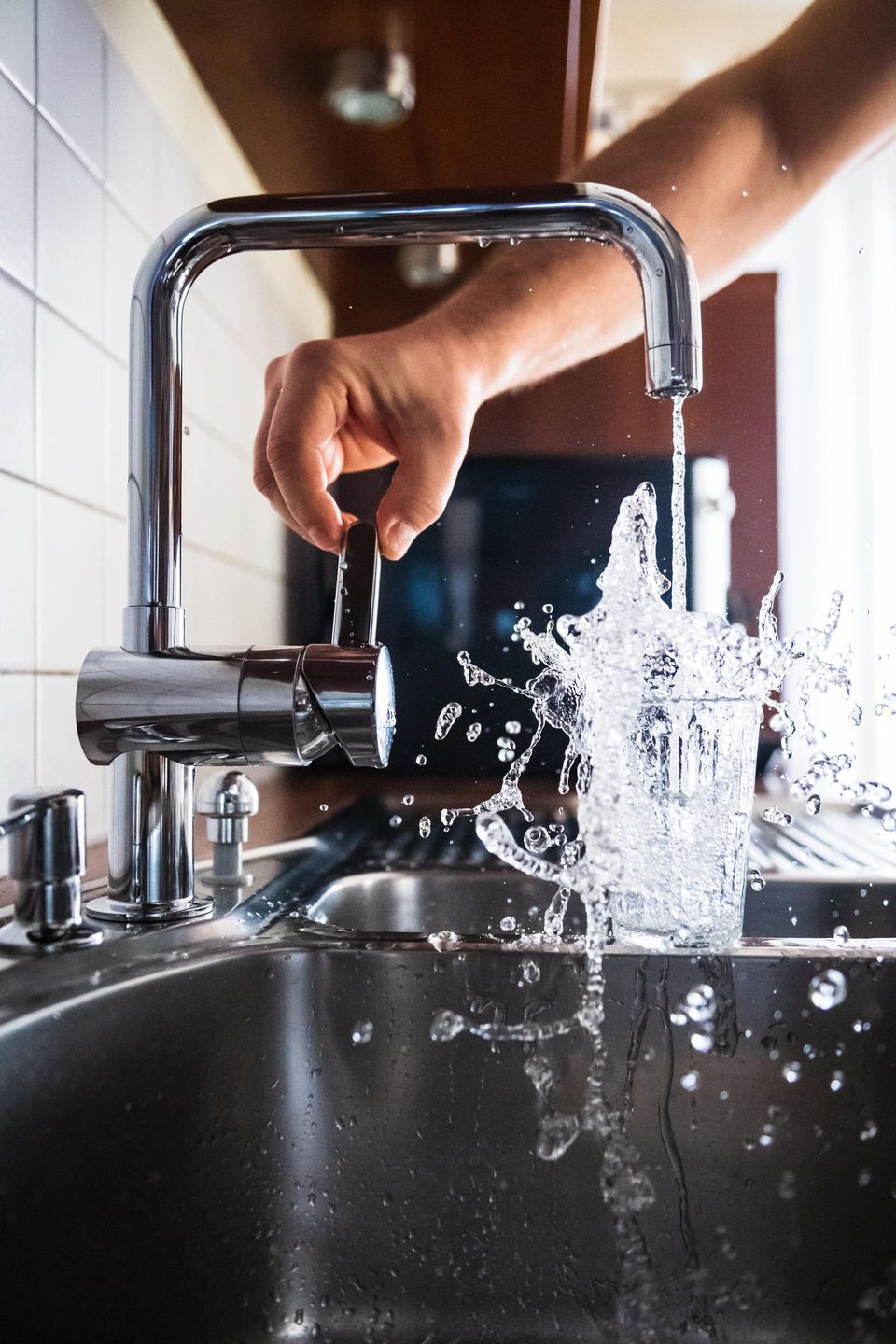

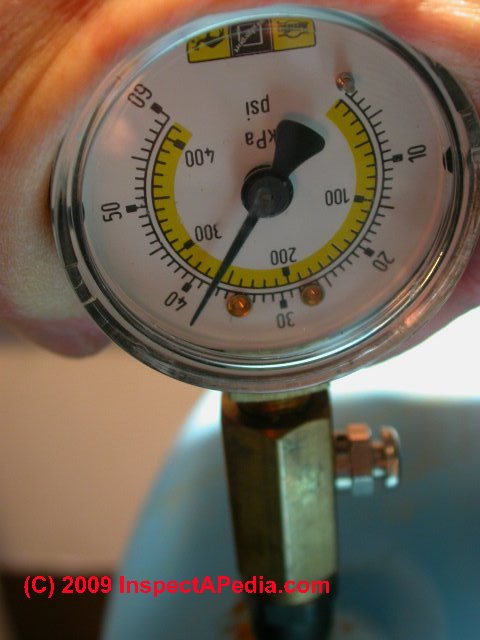
/93097679-56a73c295f9b58b7d0e81657.jpg)
/testing-water-pressure-in-your-home-2718692-hero-98f45508ca5d44b6b551034ac5cedab5.jpg)
:max_bytes(150000):strip_icc()/testing-water-pressure-in-your-home-2718692-04-c37ab3236d0d4b61b87079ebf9ef823e-c1e1ef0104fb44778a287bd9bb5ec140.jpeg)
:max_bytes(150000):strip_icc()/the-men-s-hand-opens-the-ball-valve-on-the-collector-1006810456-5c5fc73fc9e77c000159c4af.jpg)

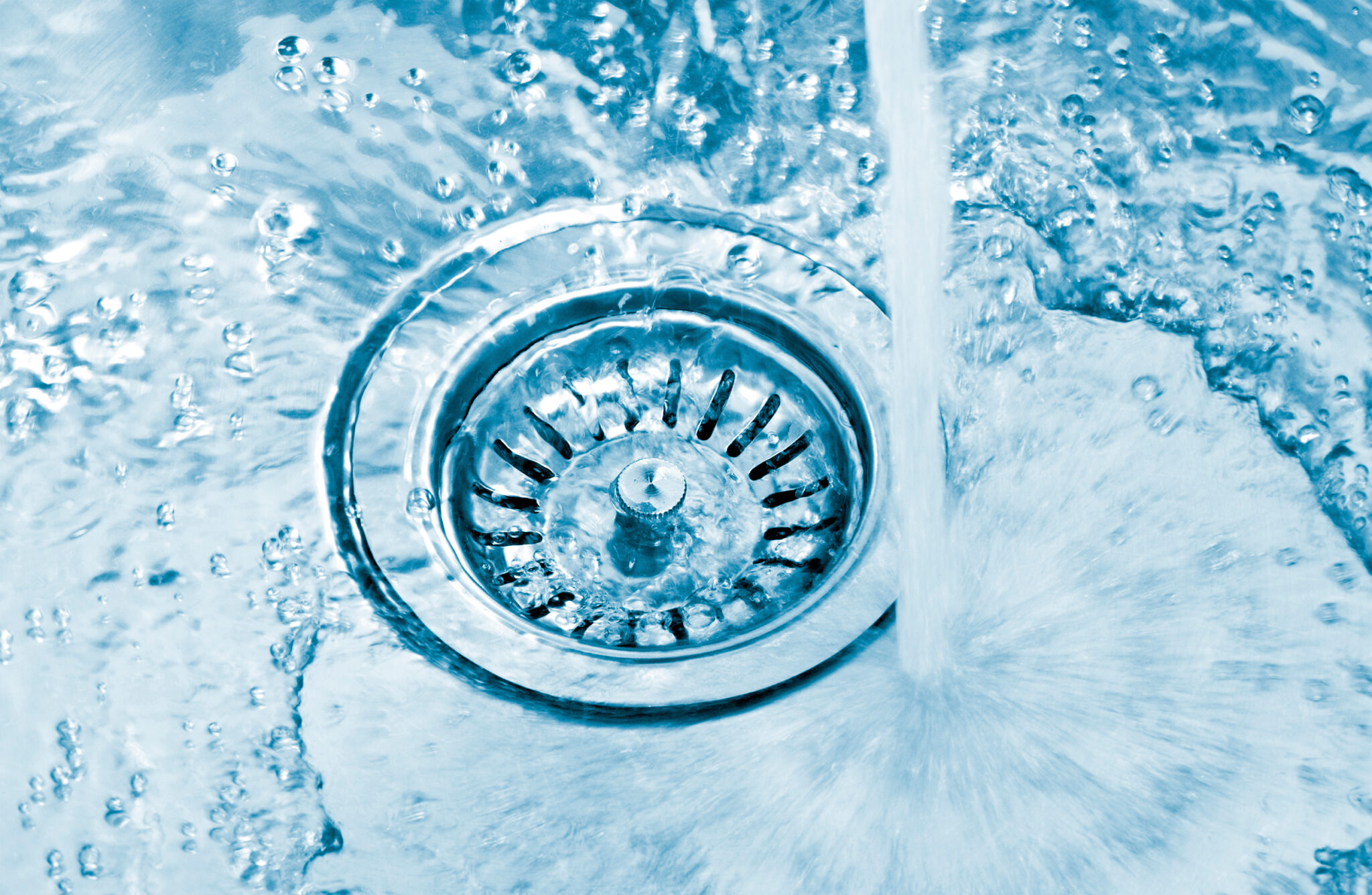
/JodiJacobson-waterpressure-5b9bf850c9e77c0050a2d8aa.jpg)

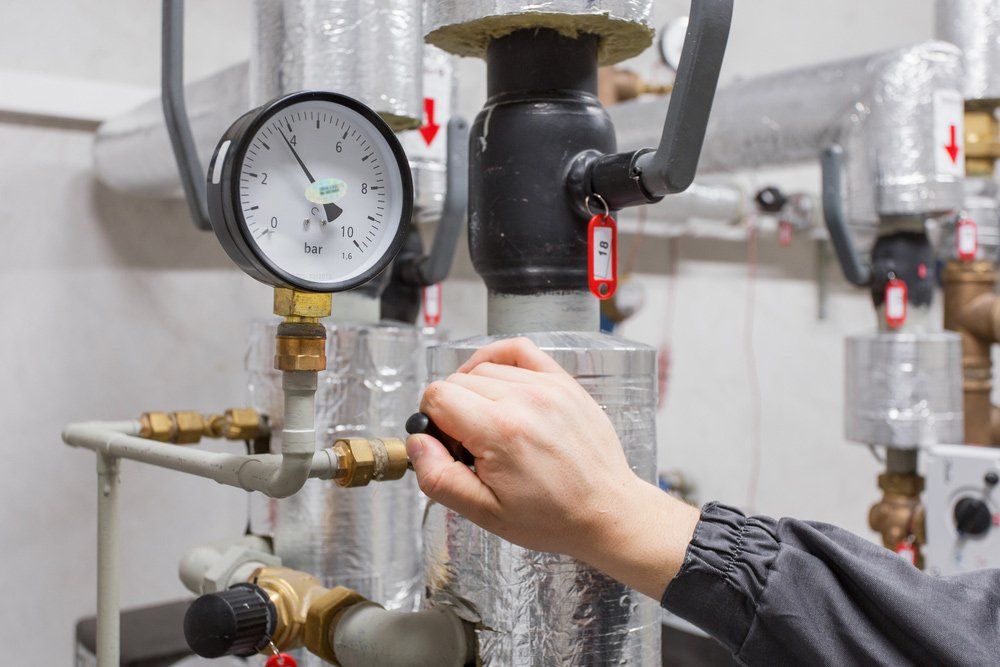



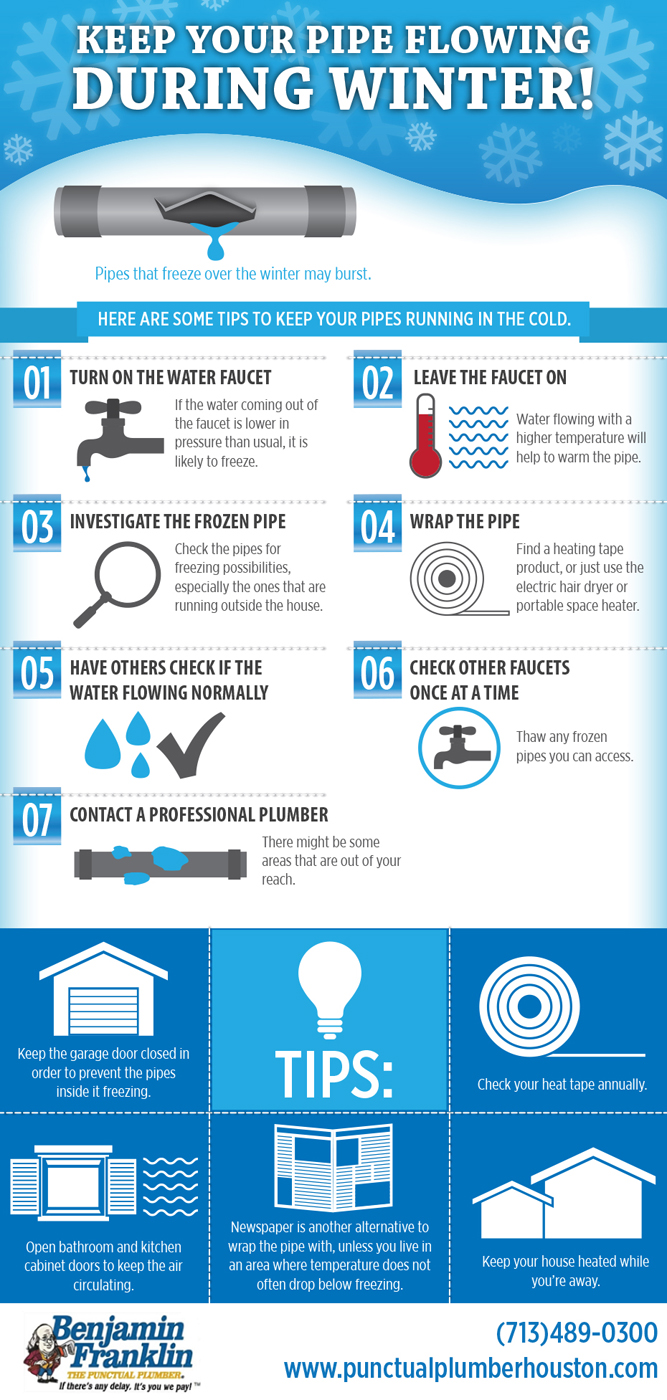

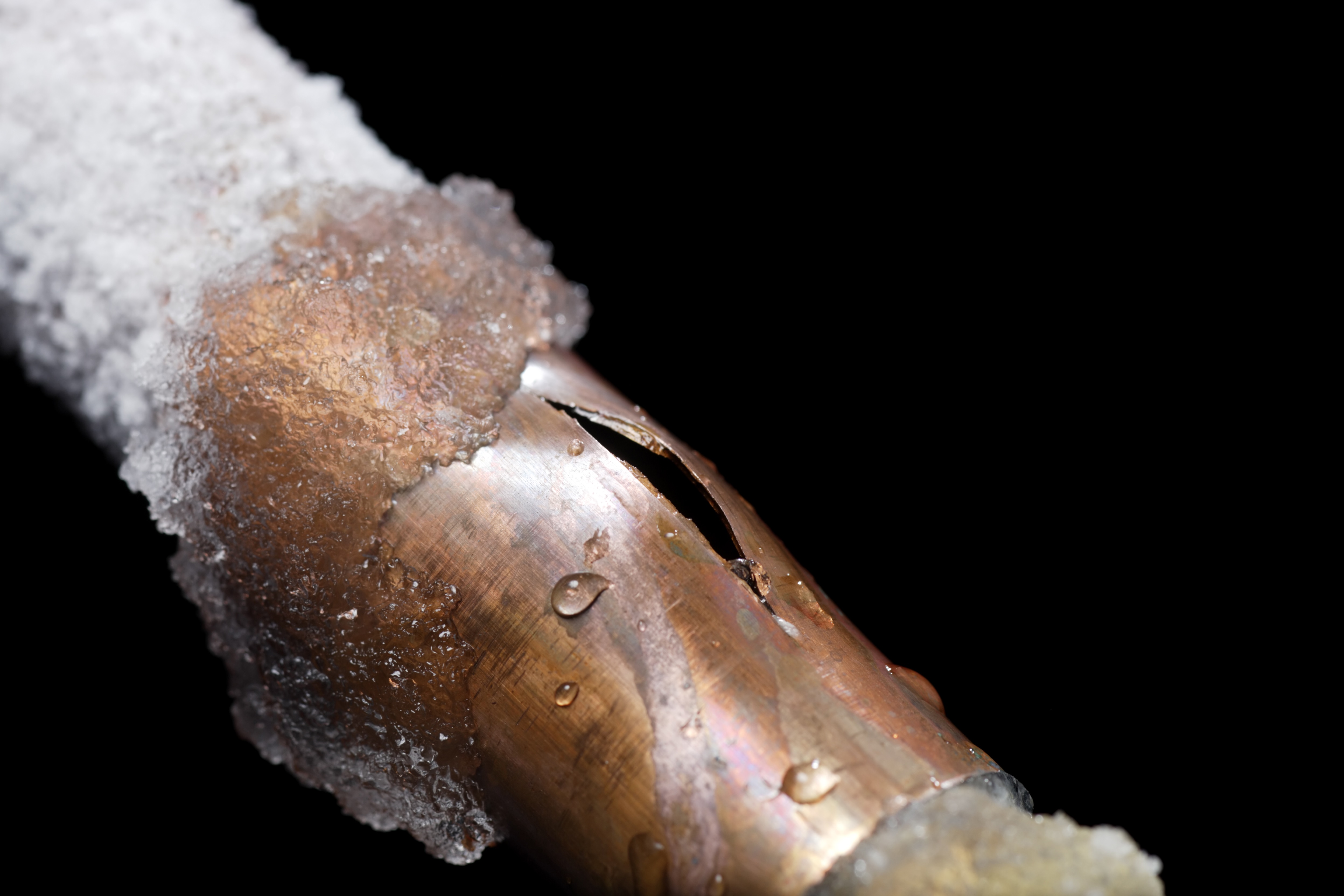

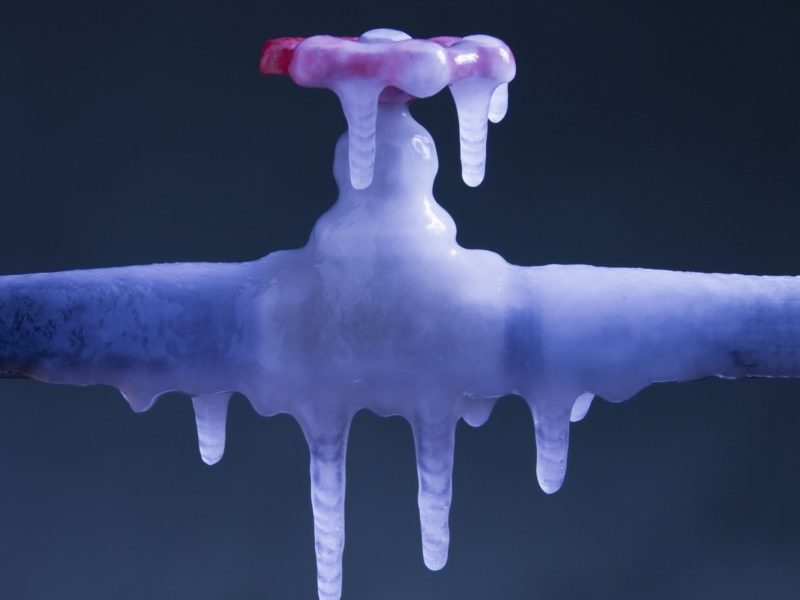
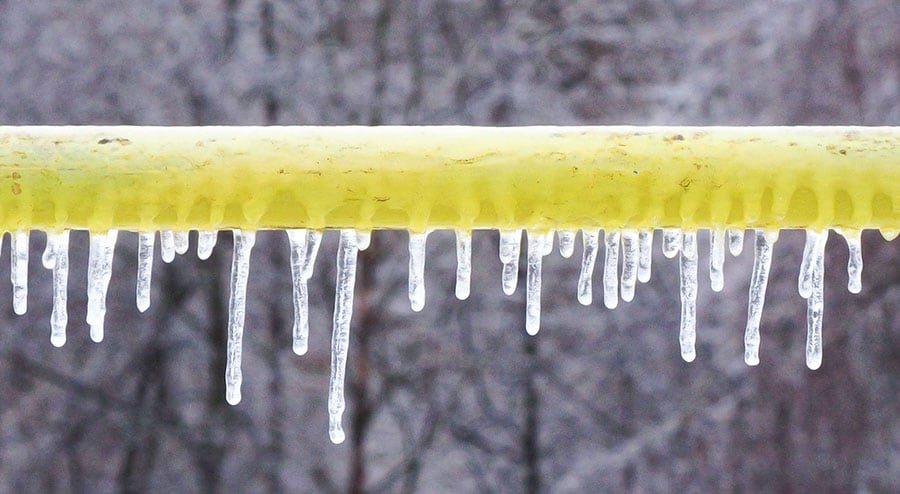
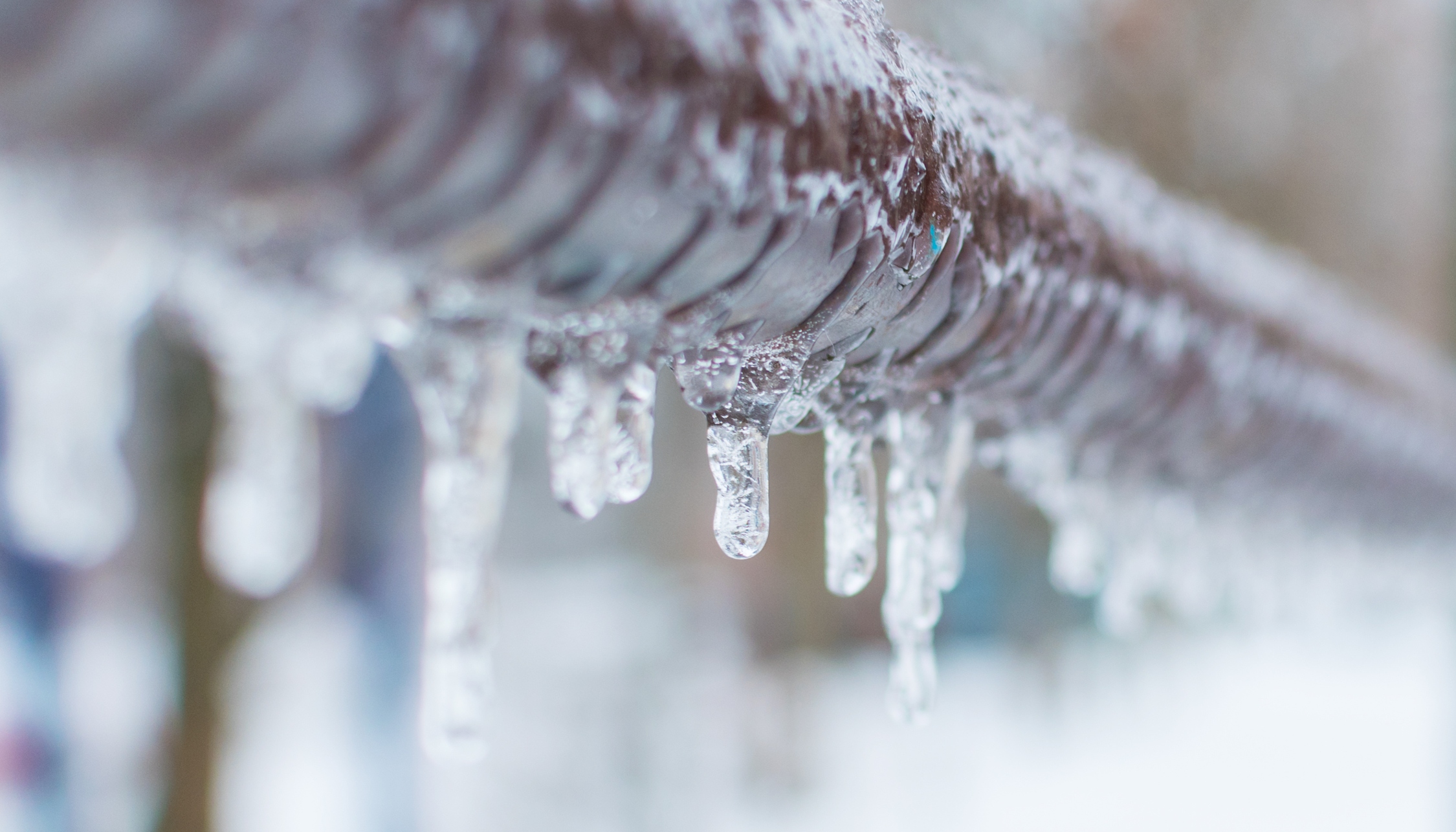
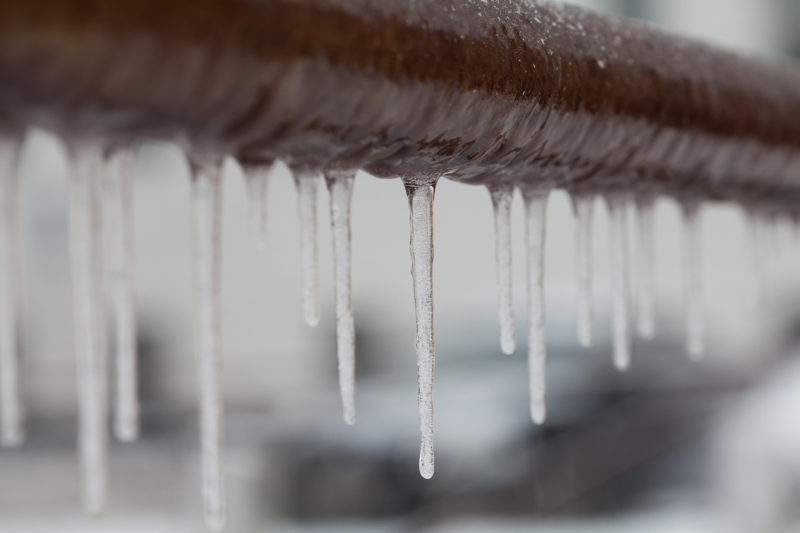








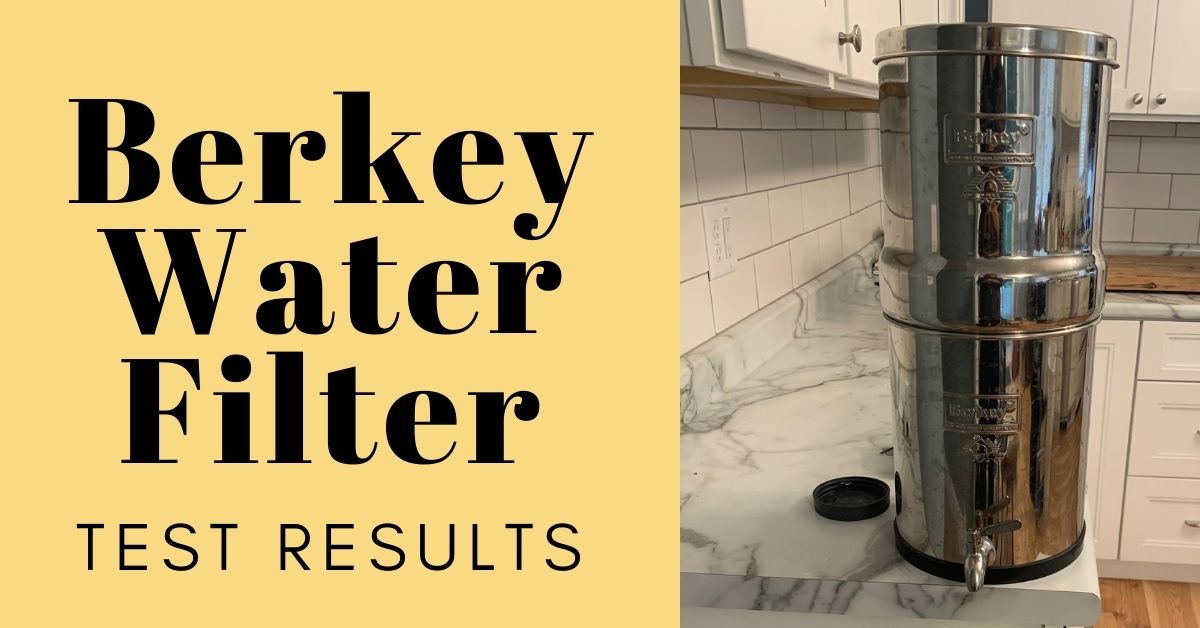

/cdn.vox-cdn.com/uploads/chorus_image/image/63879746/WaterFilter_2.0.jpg)
